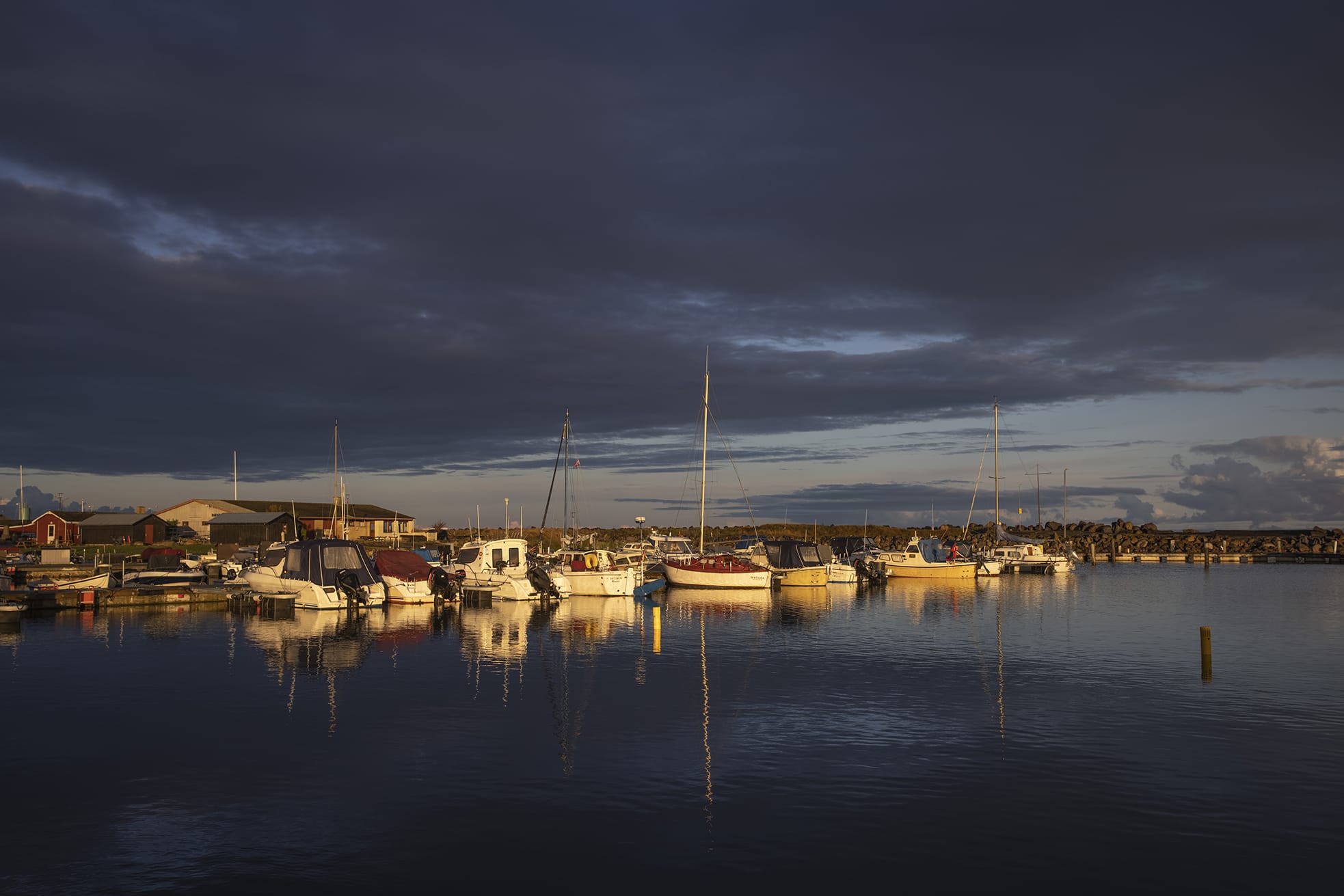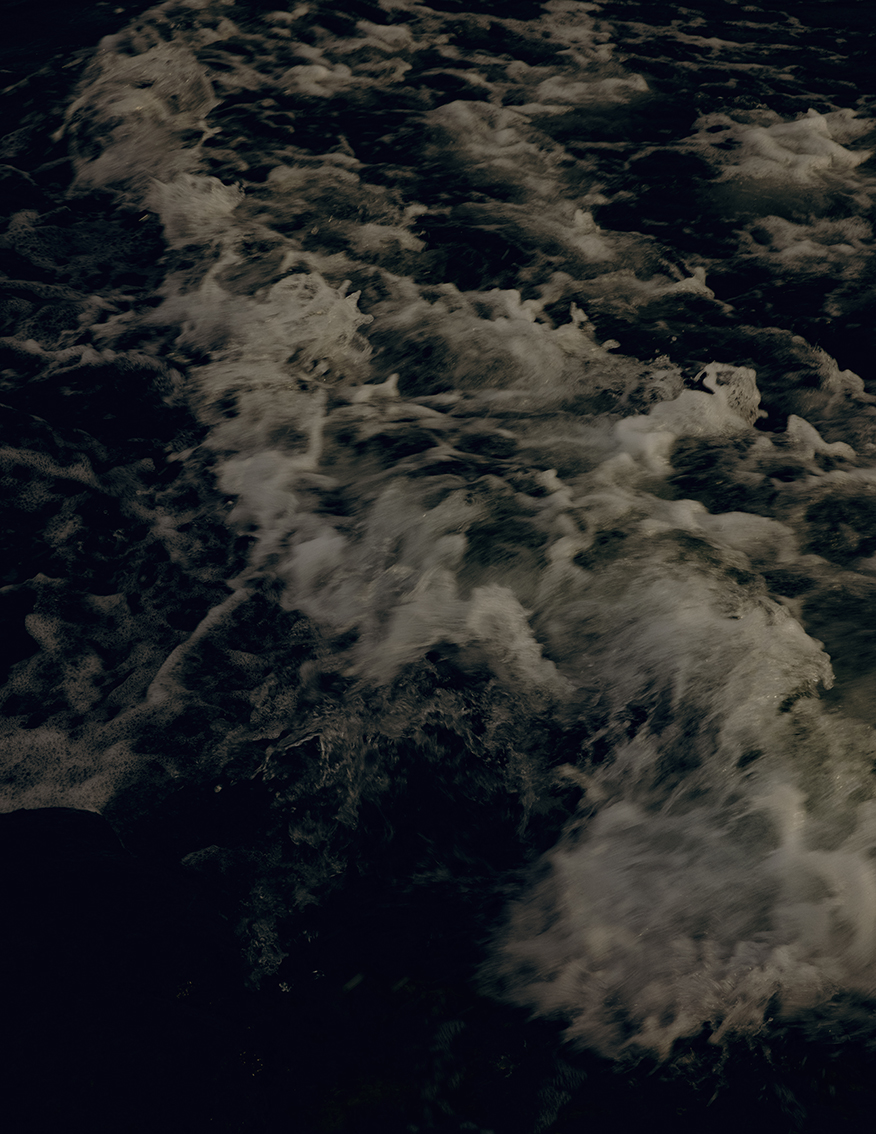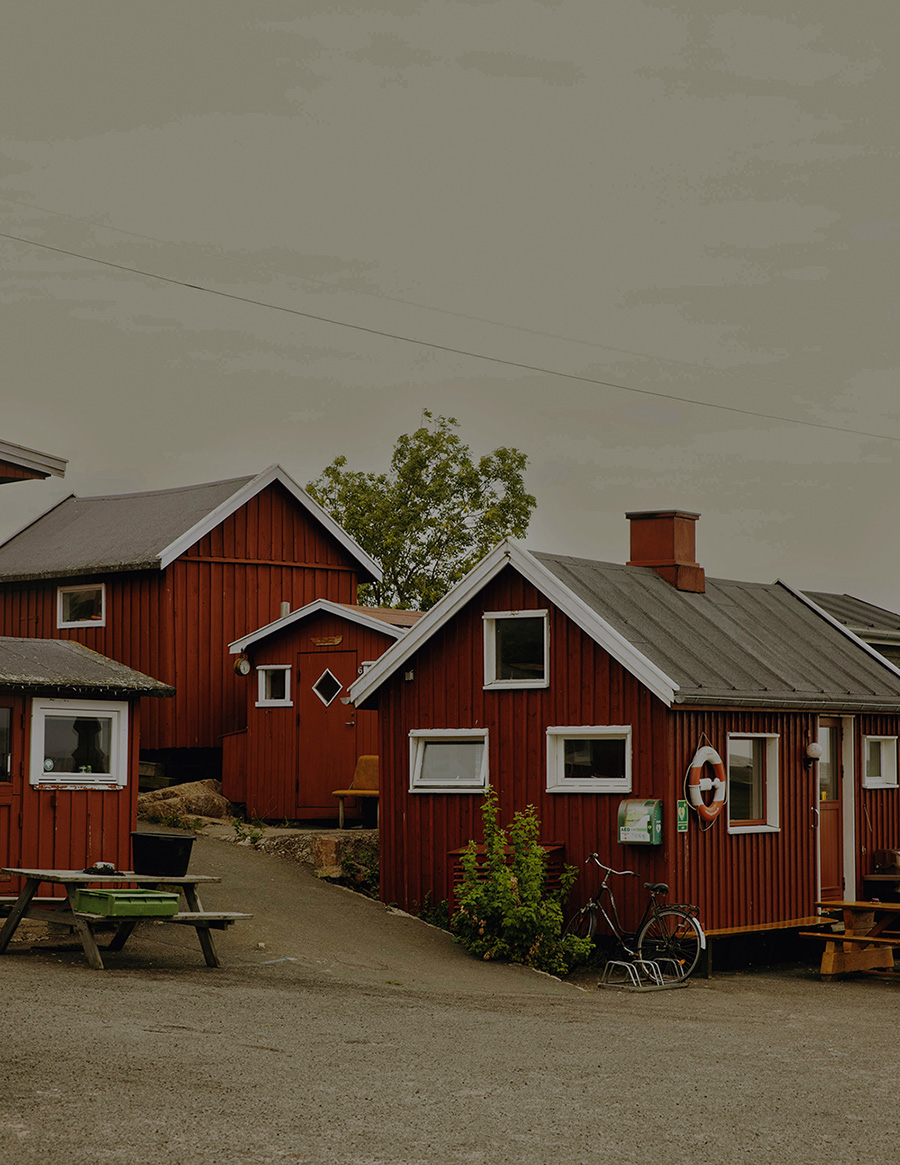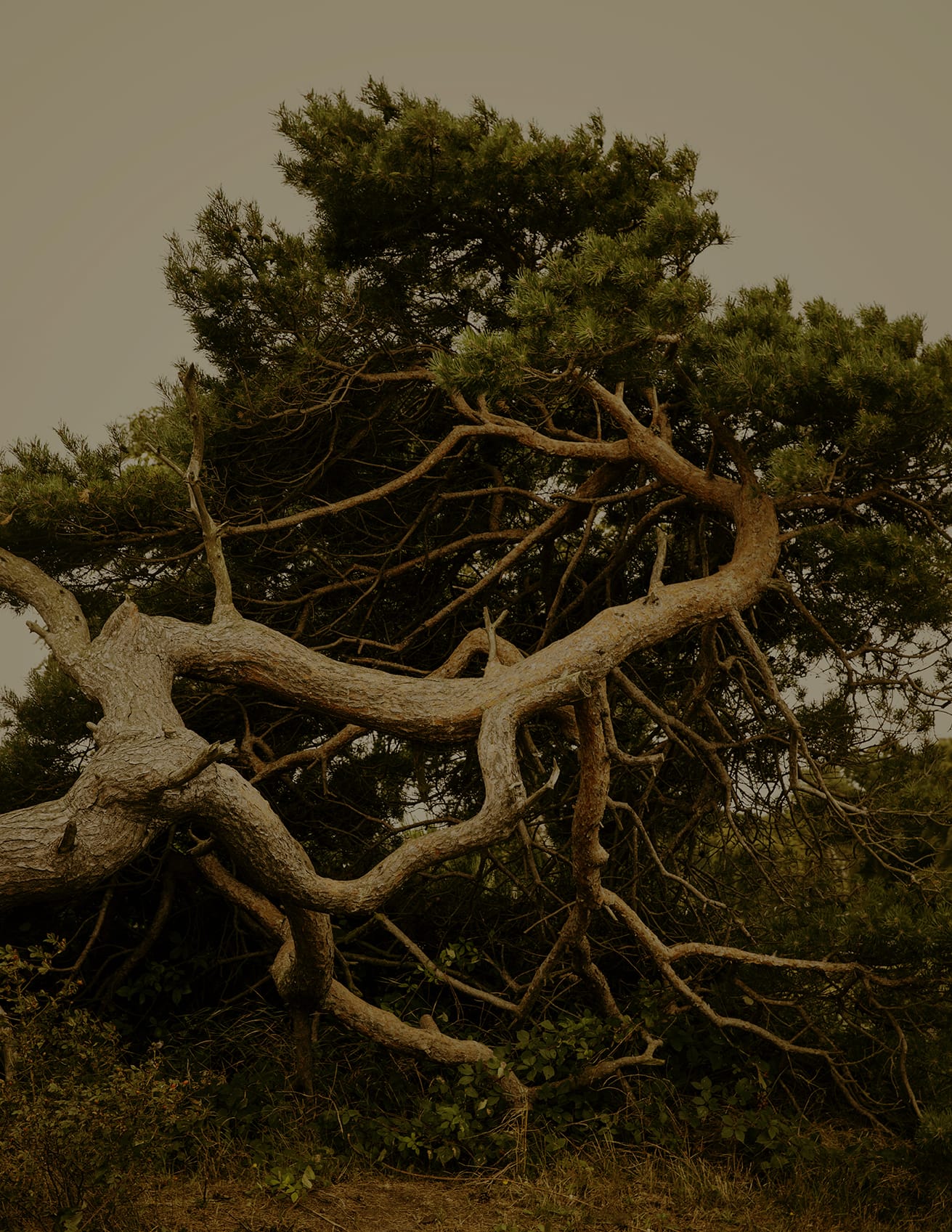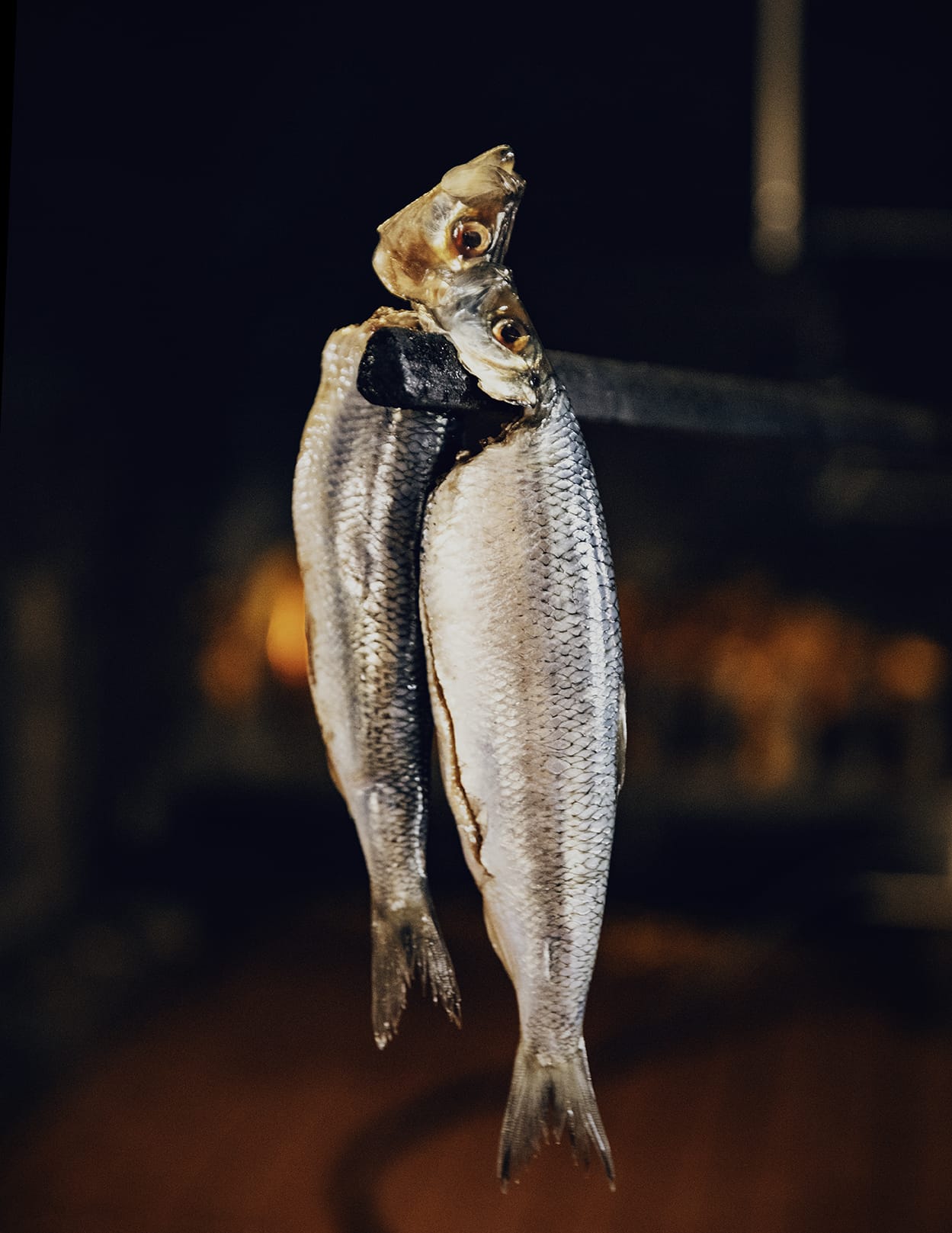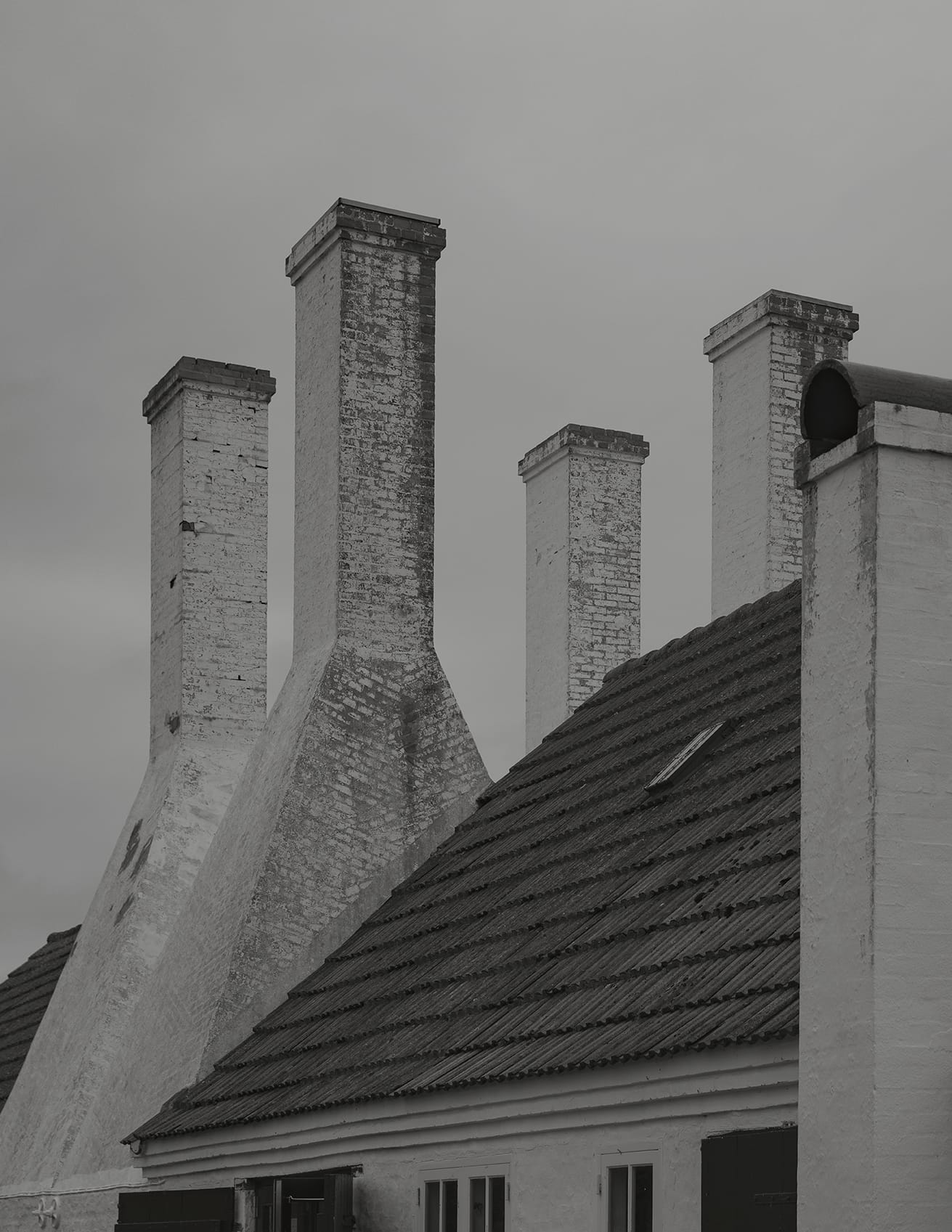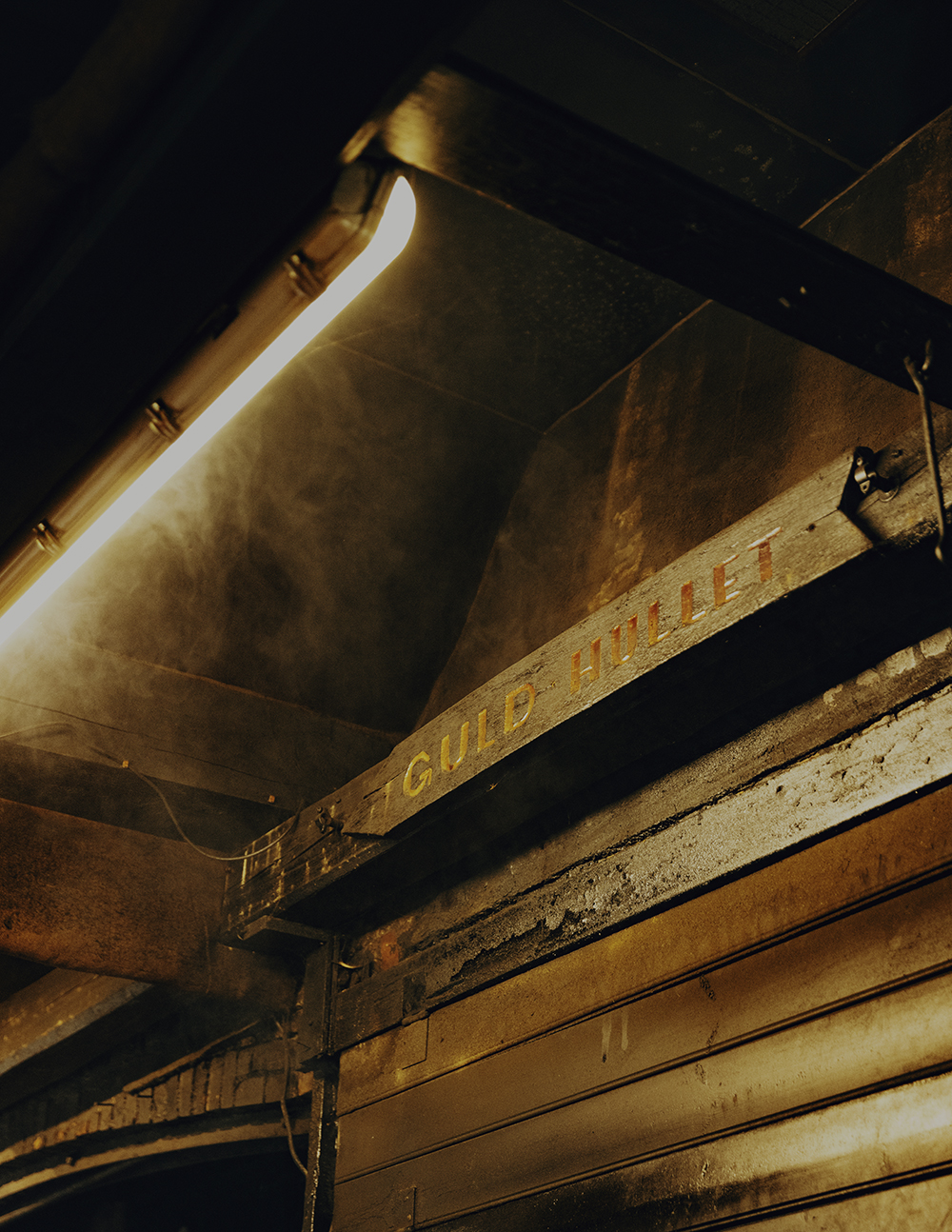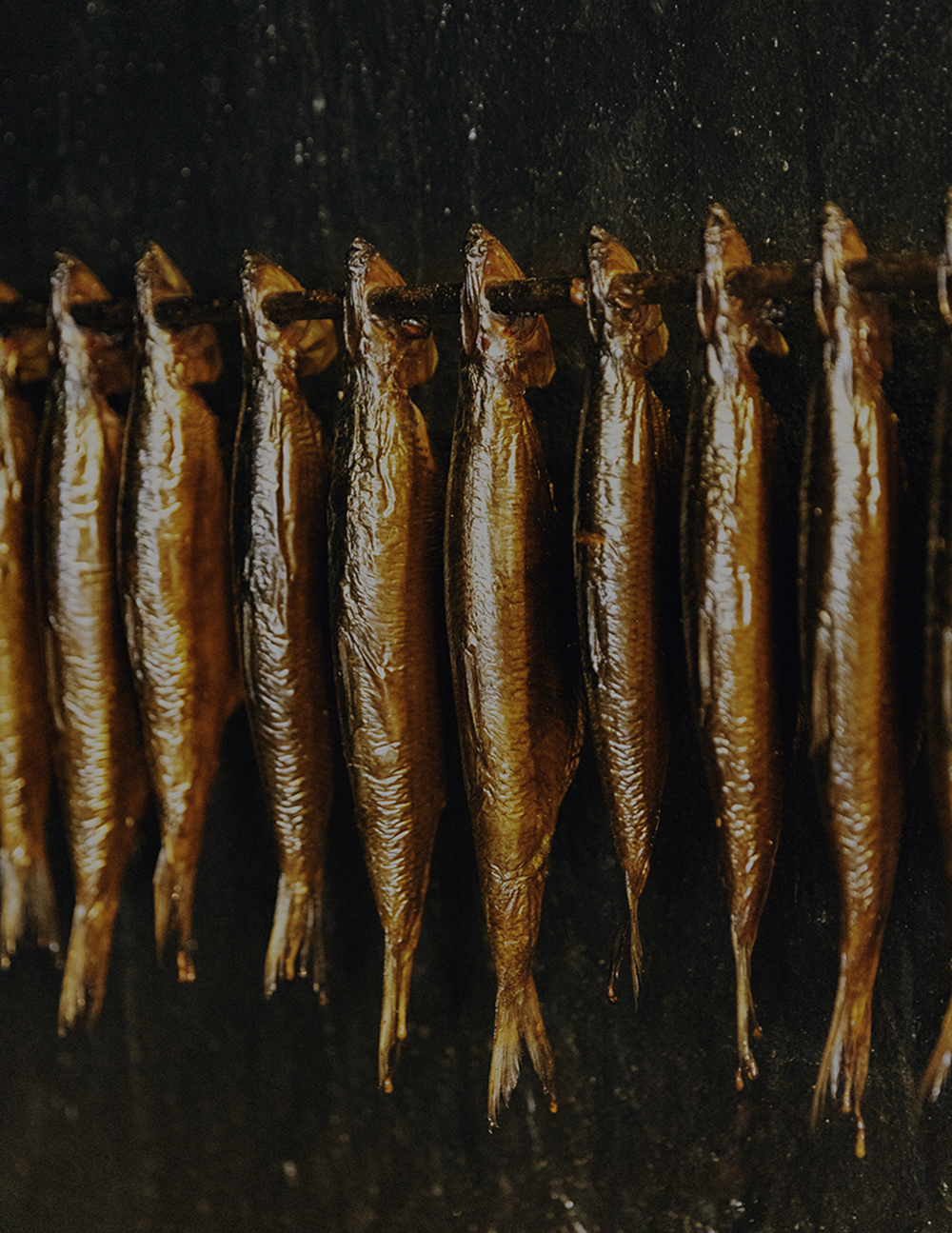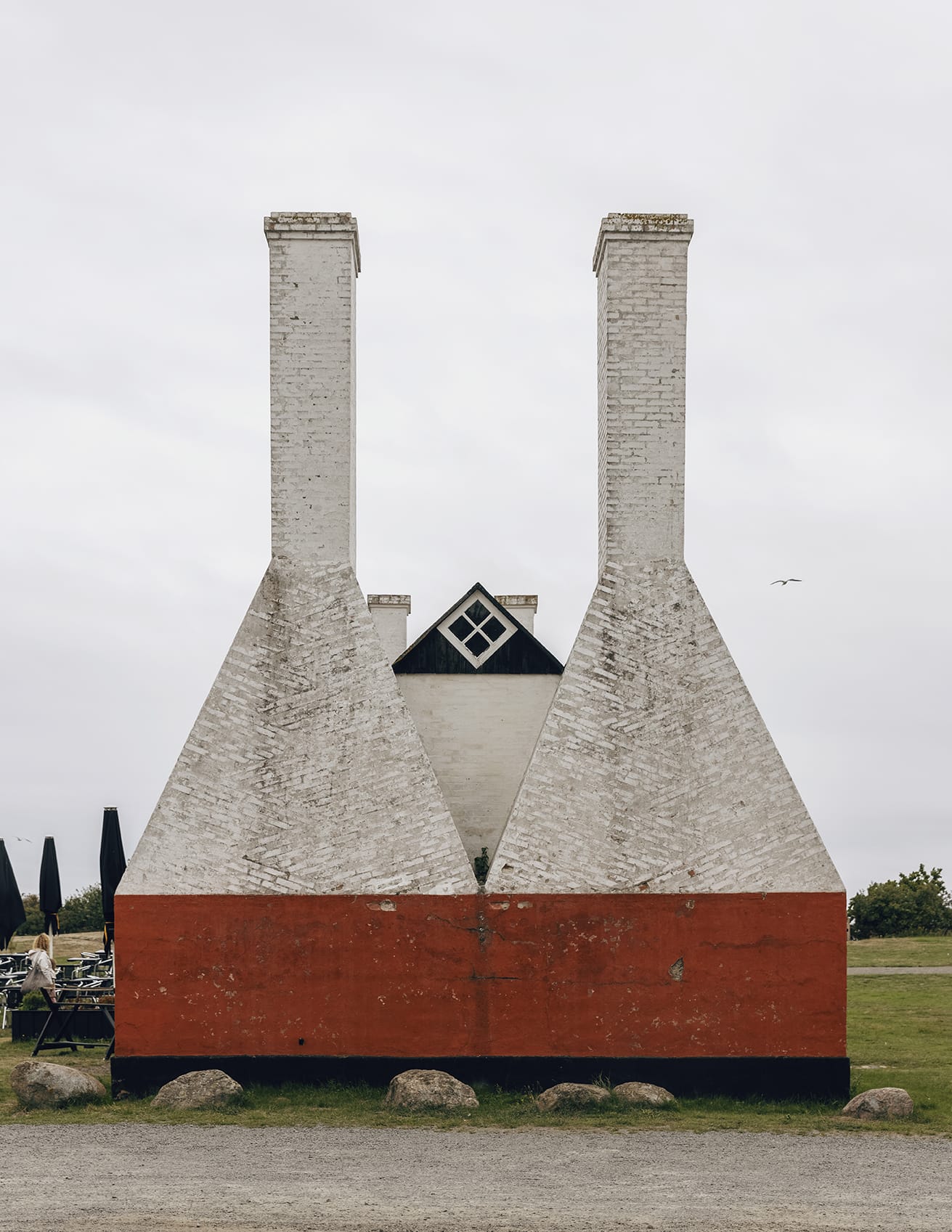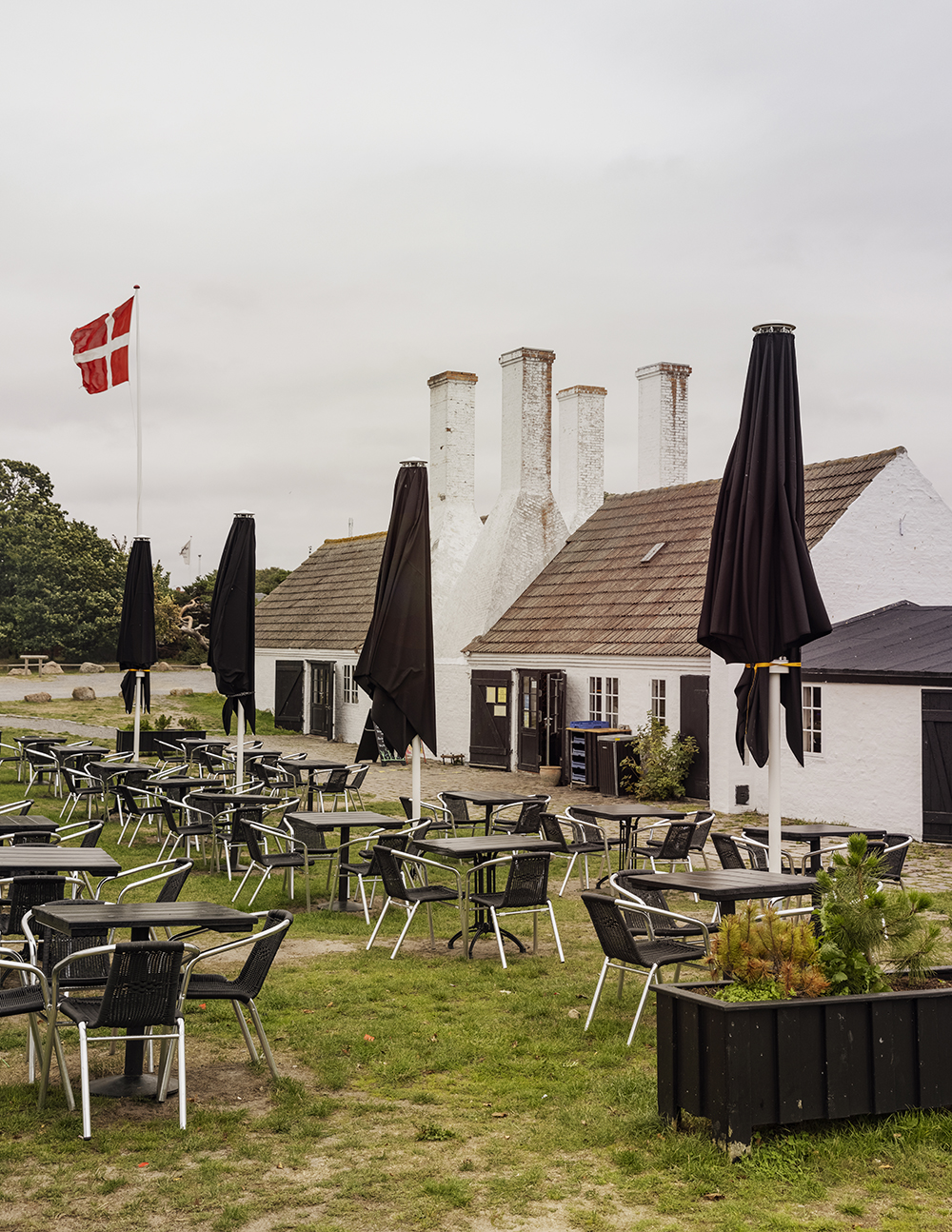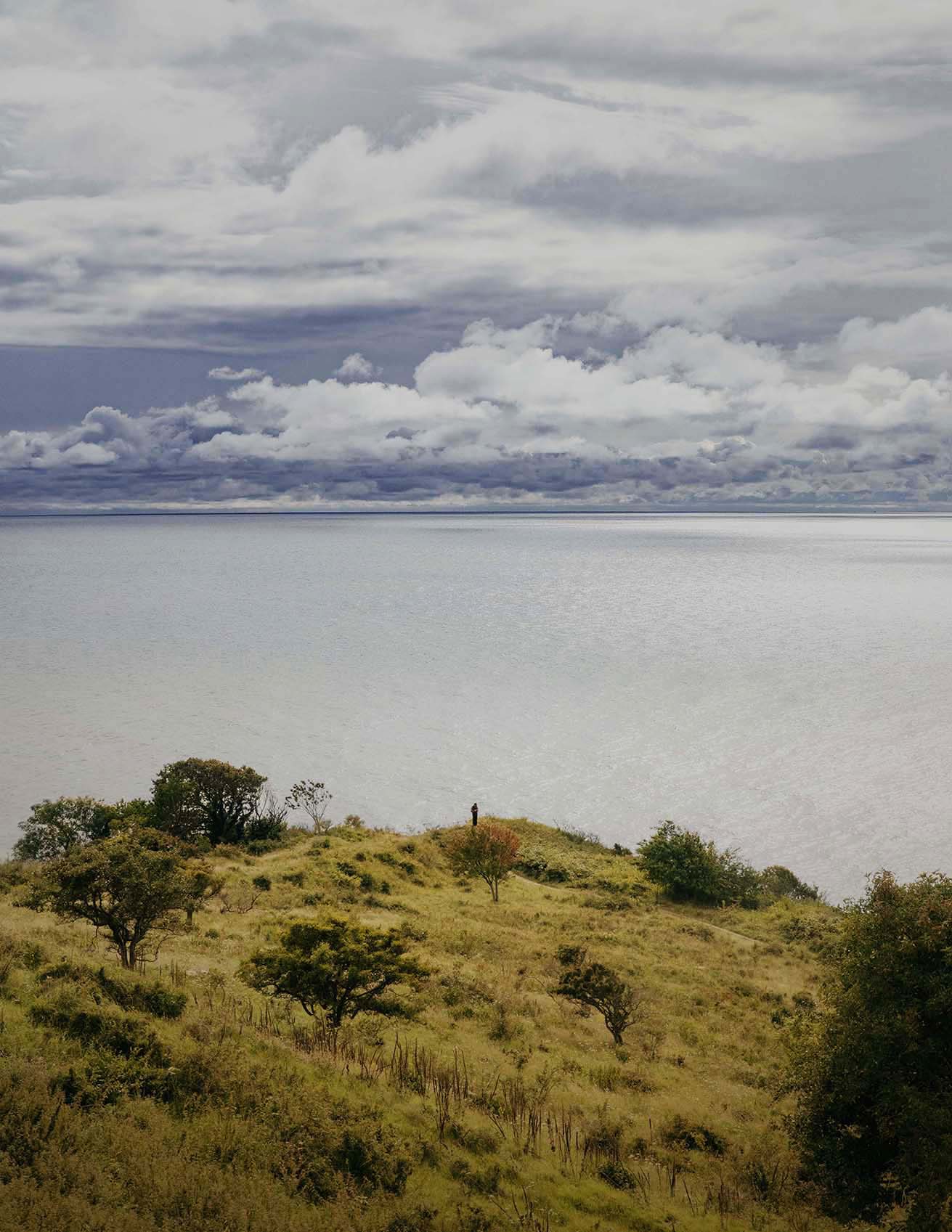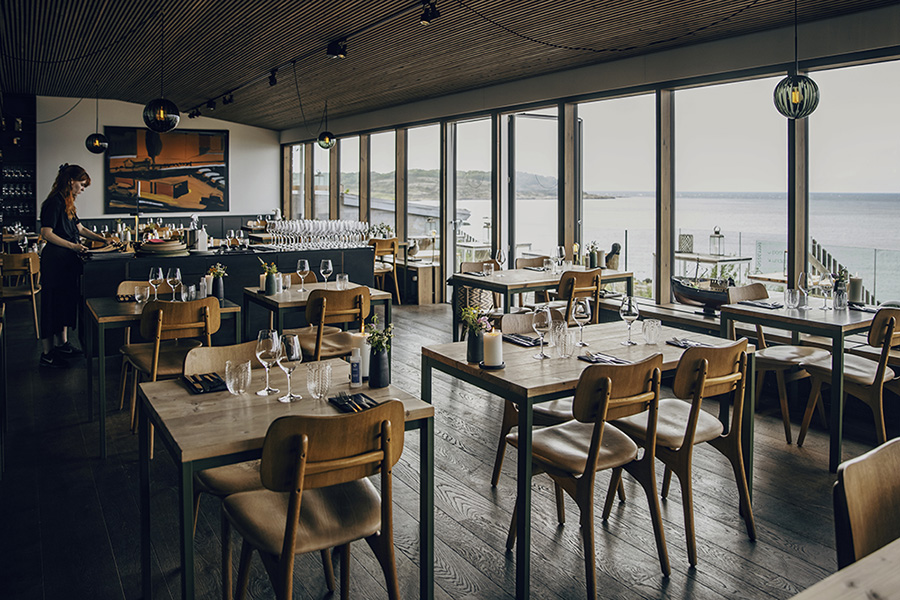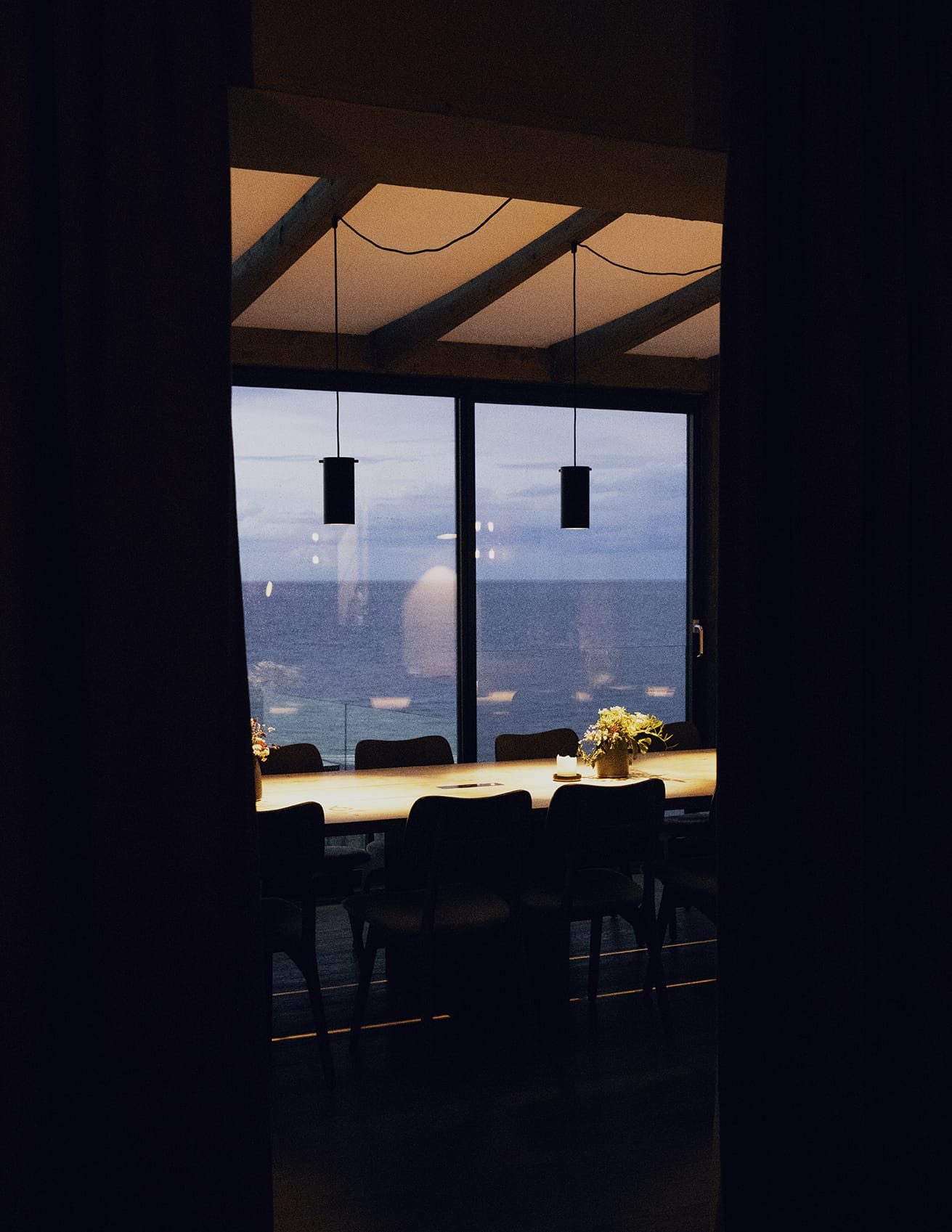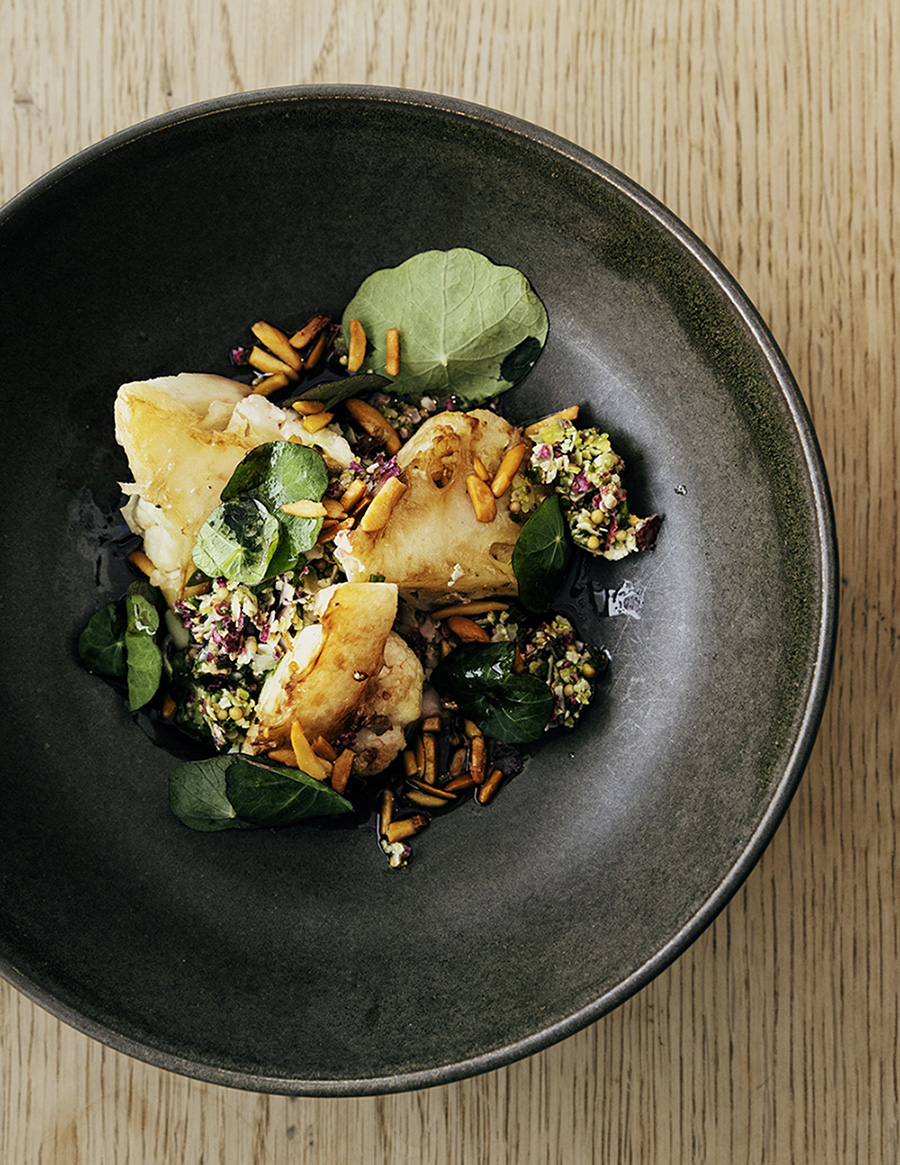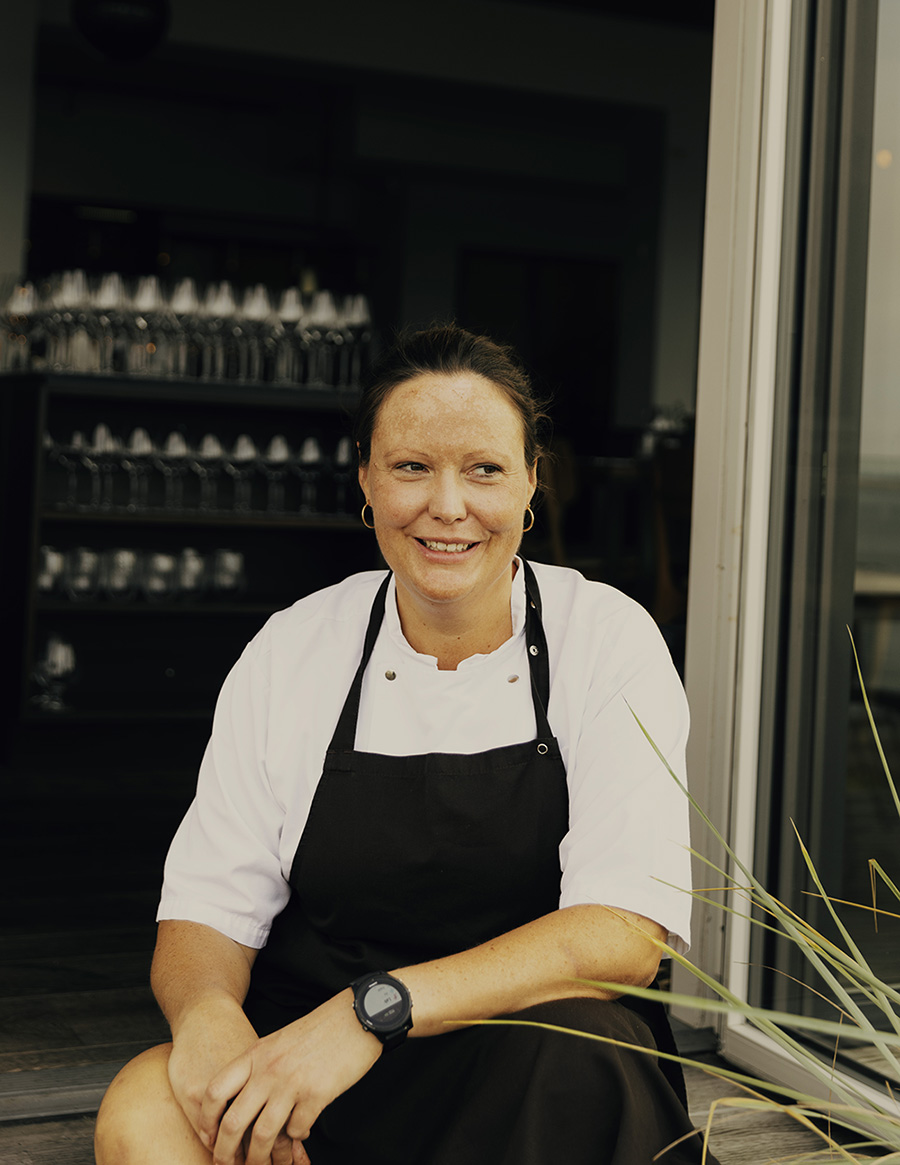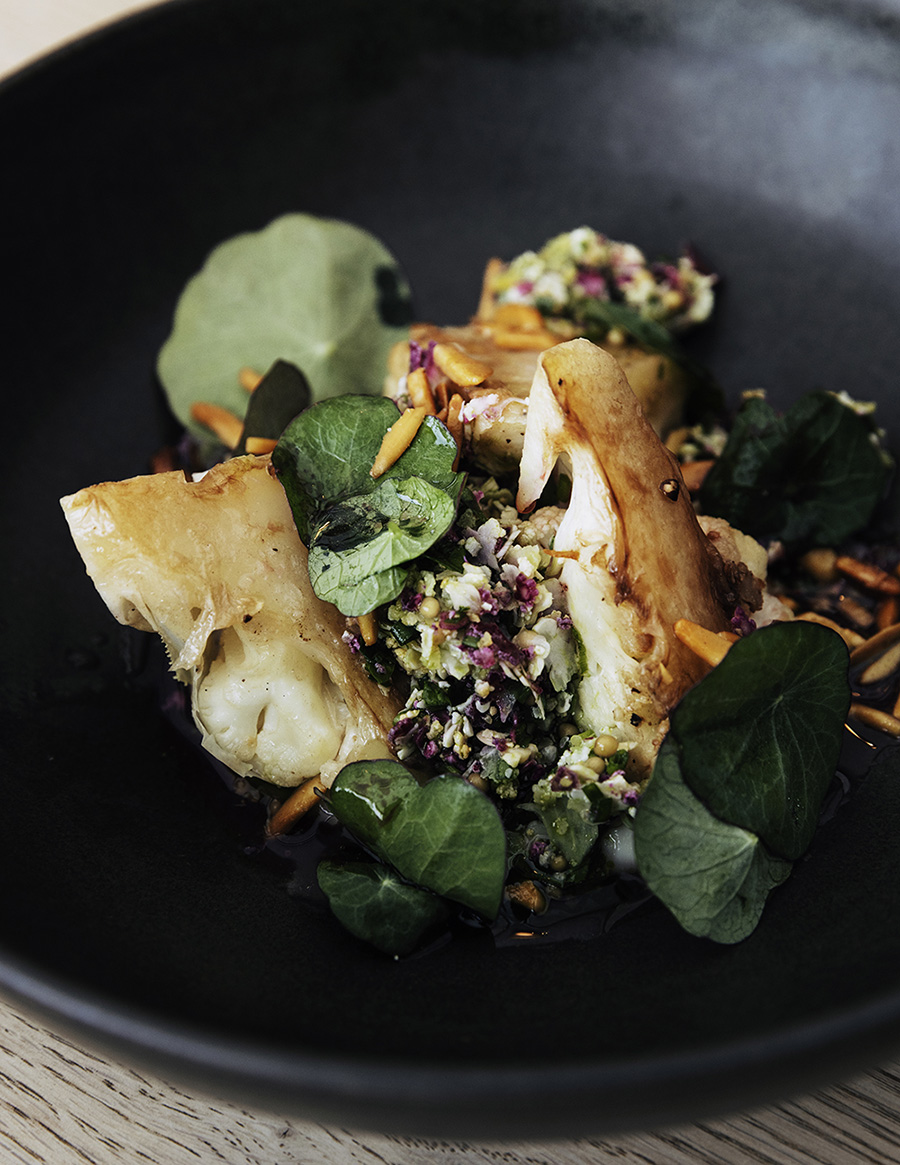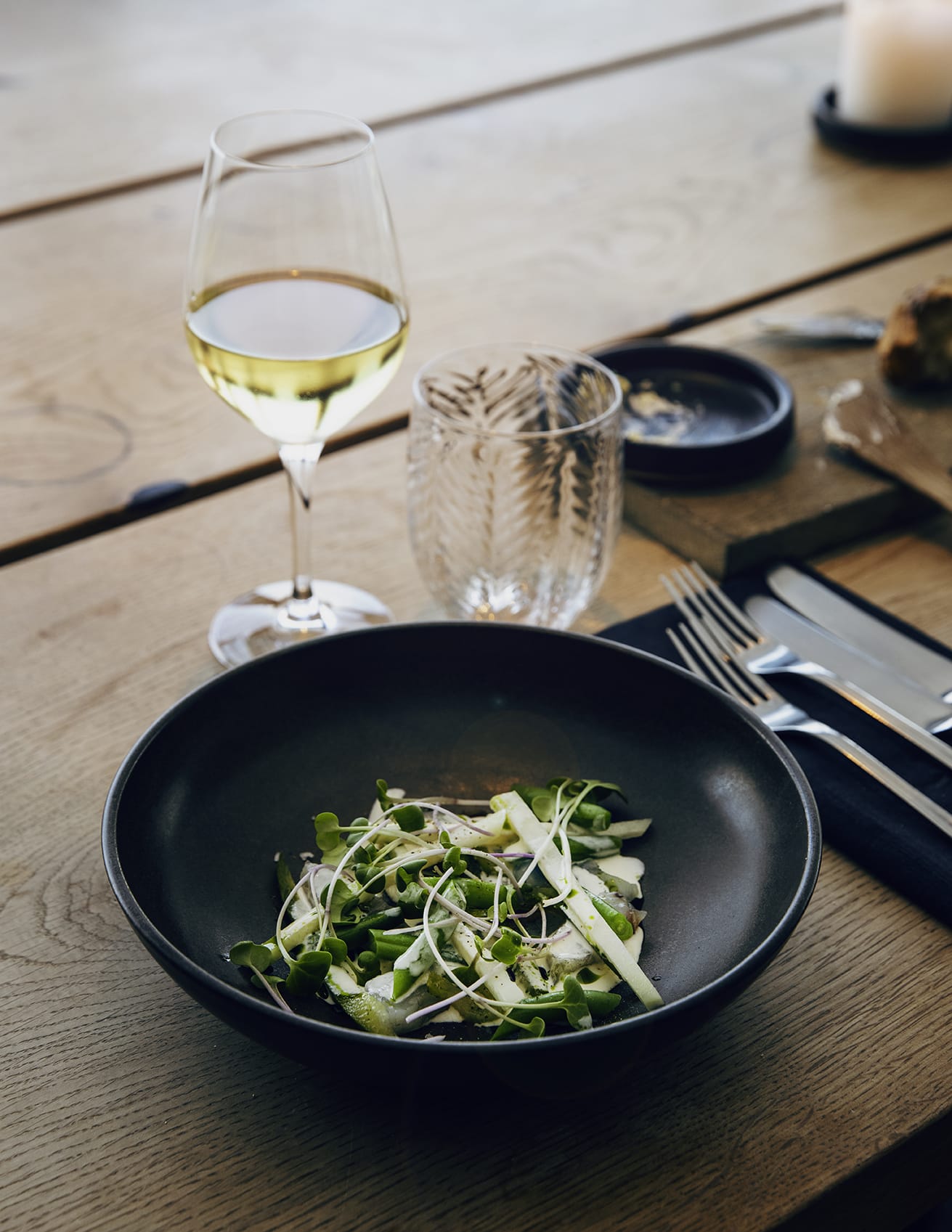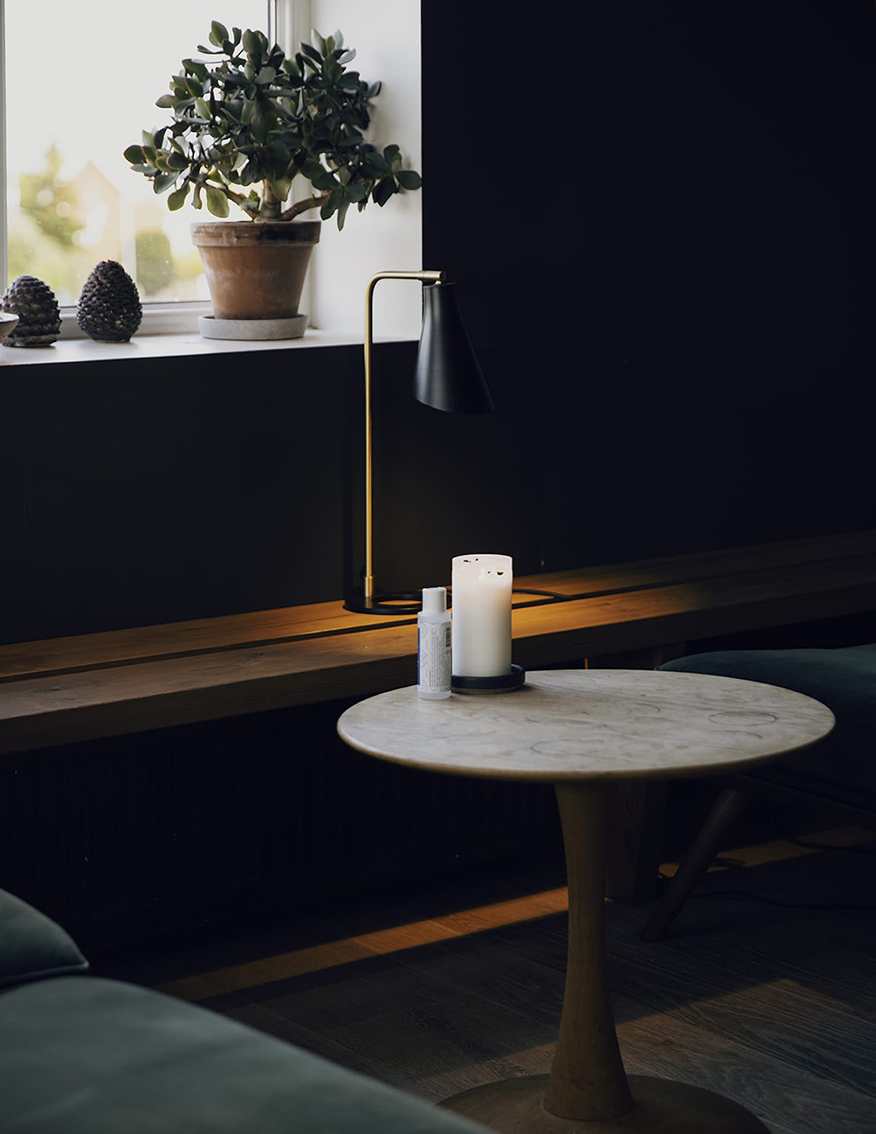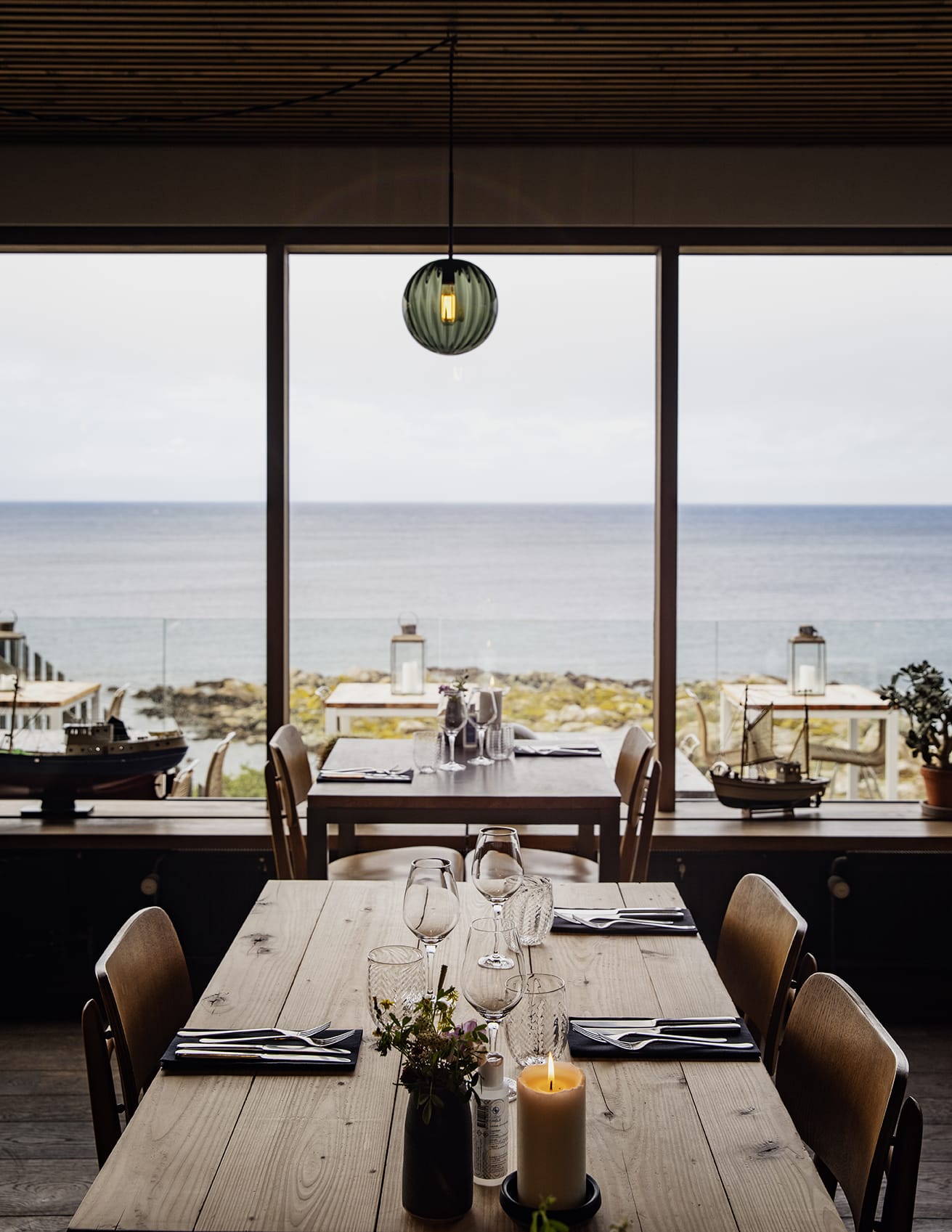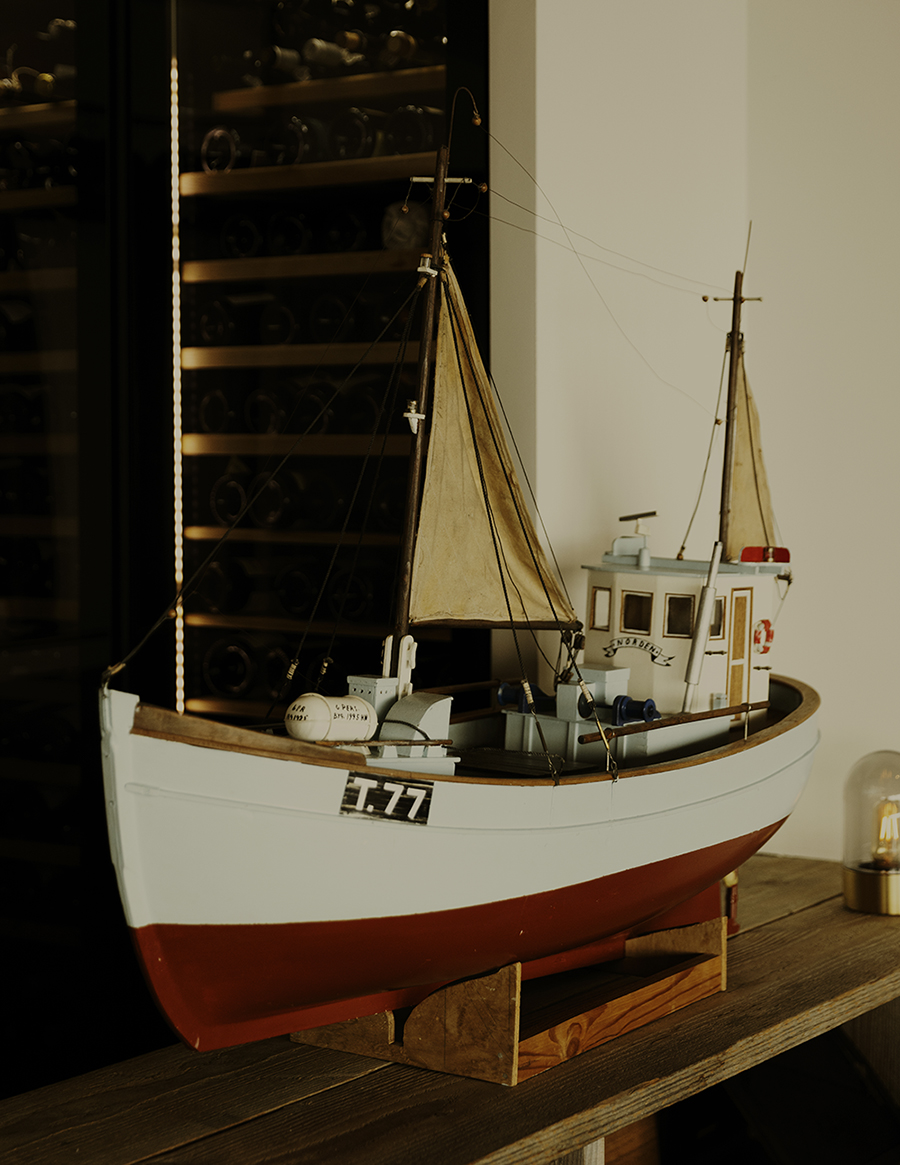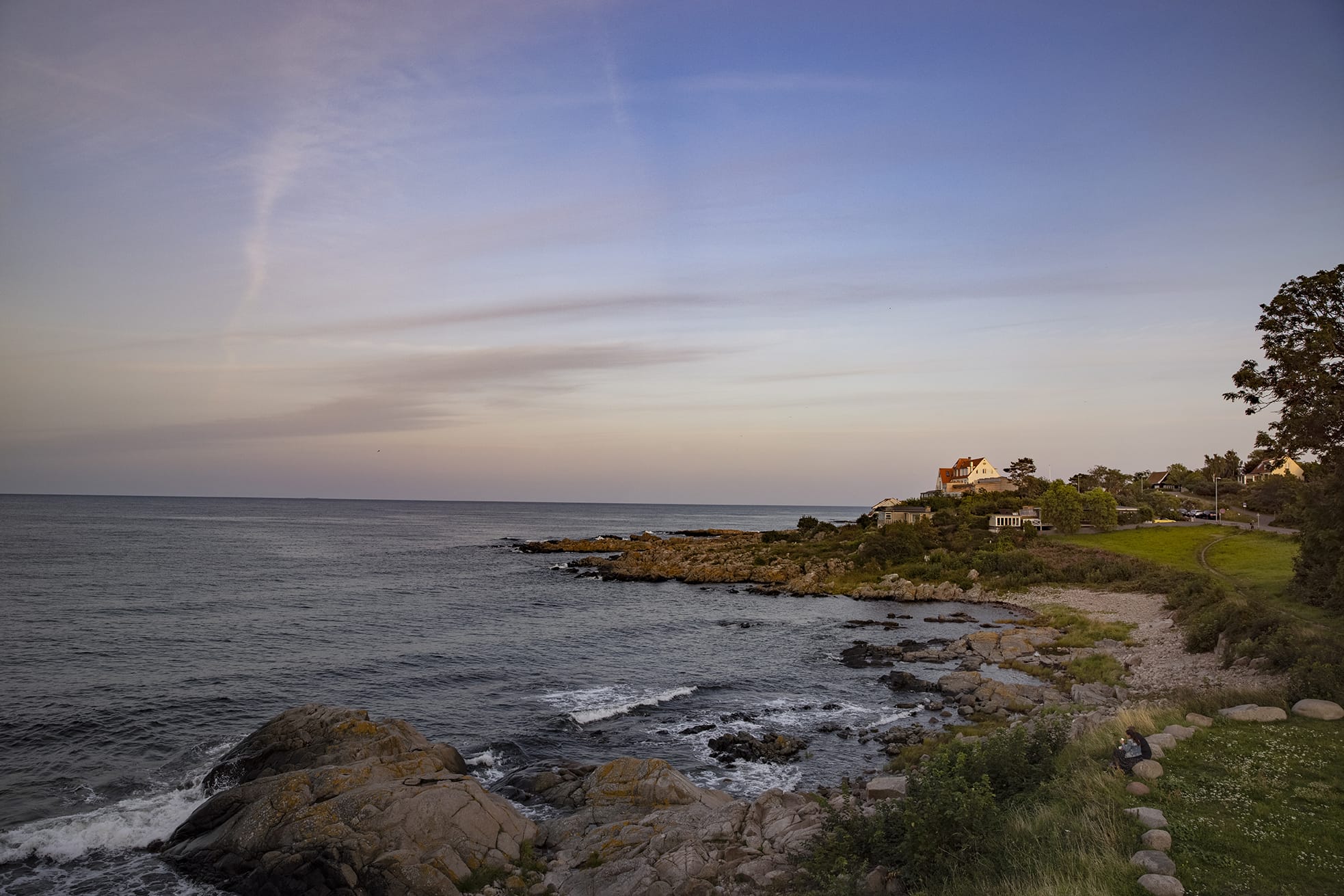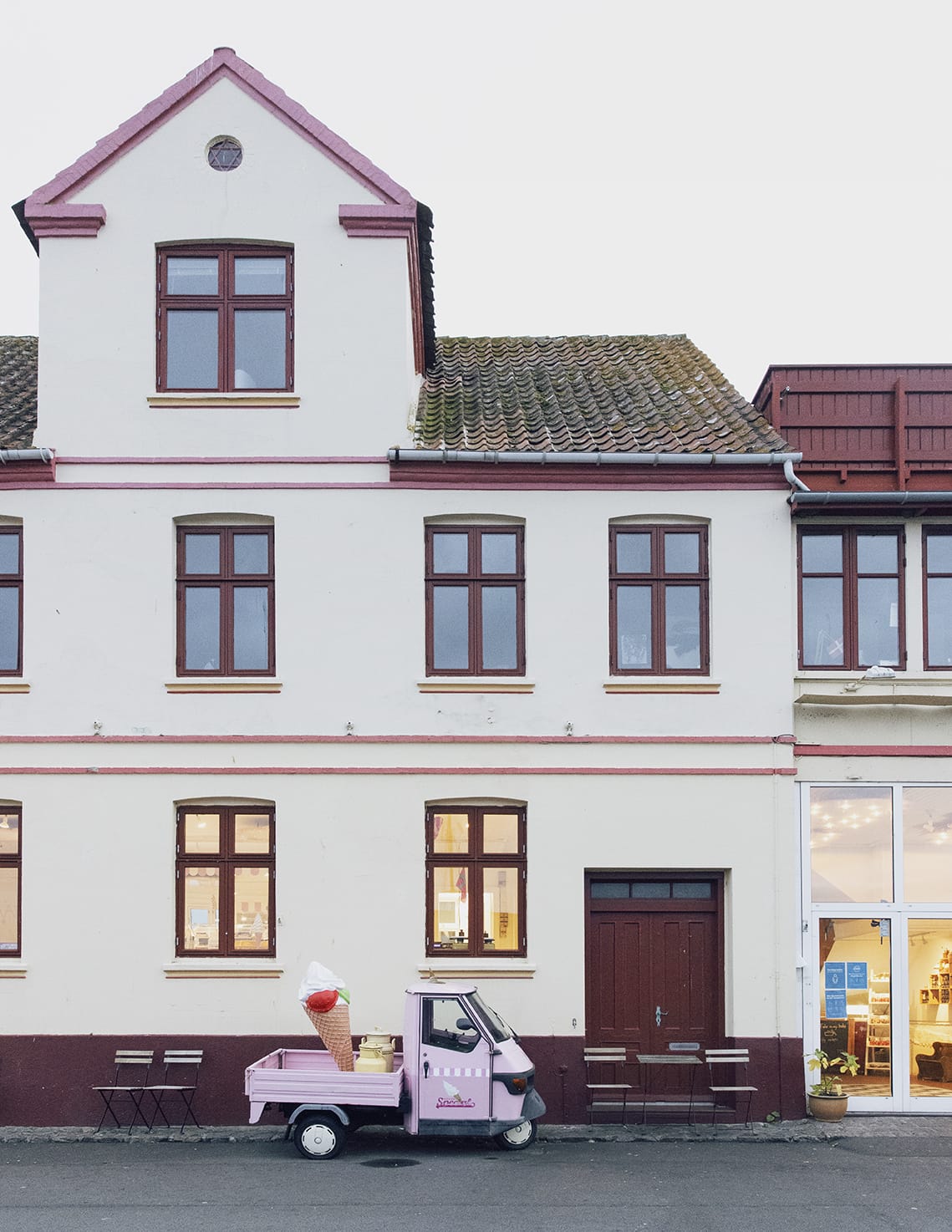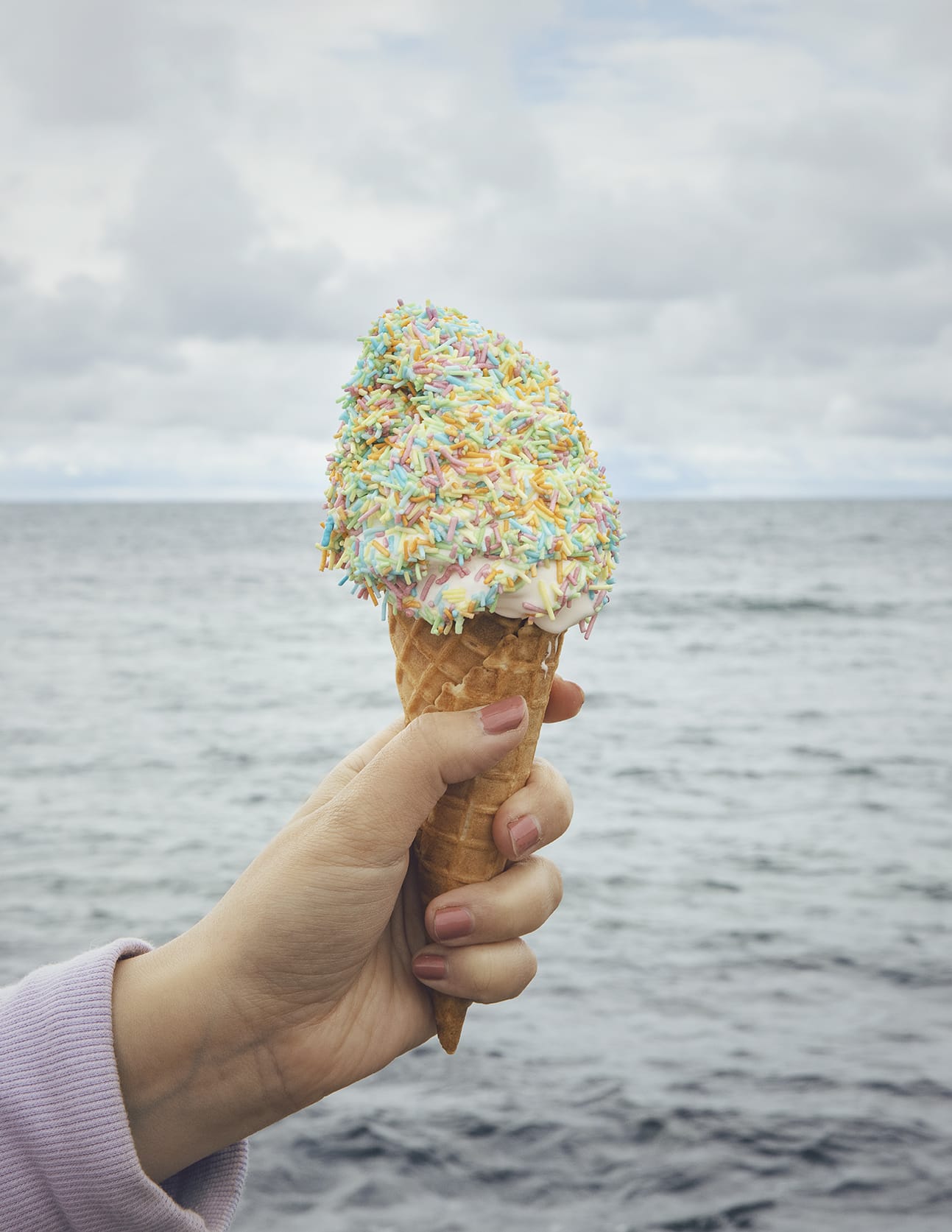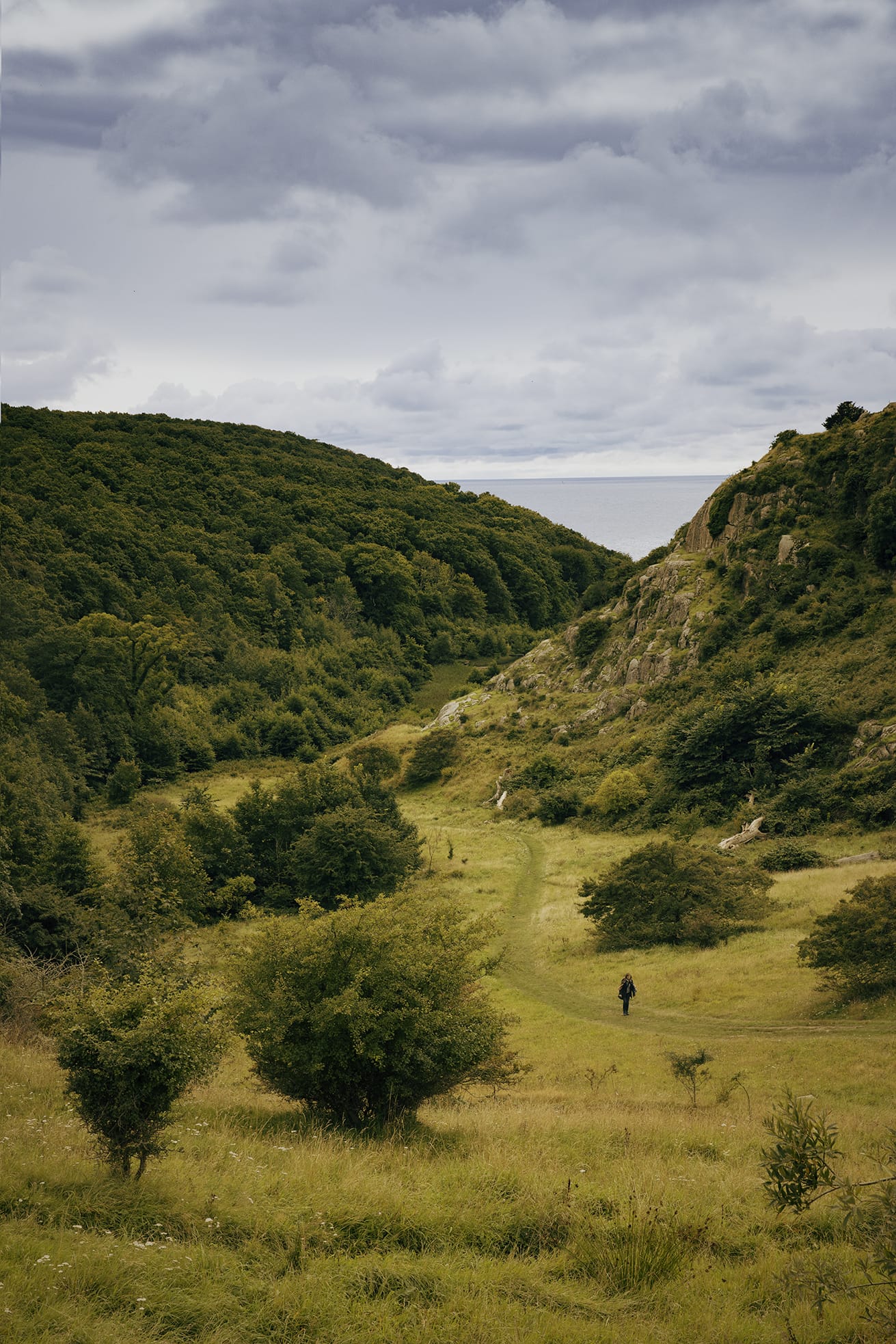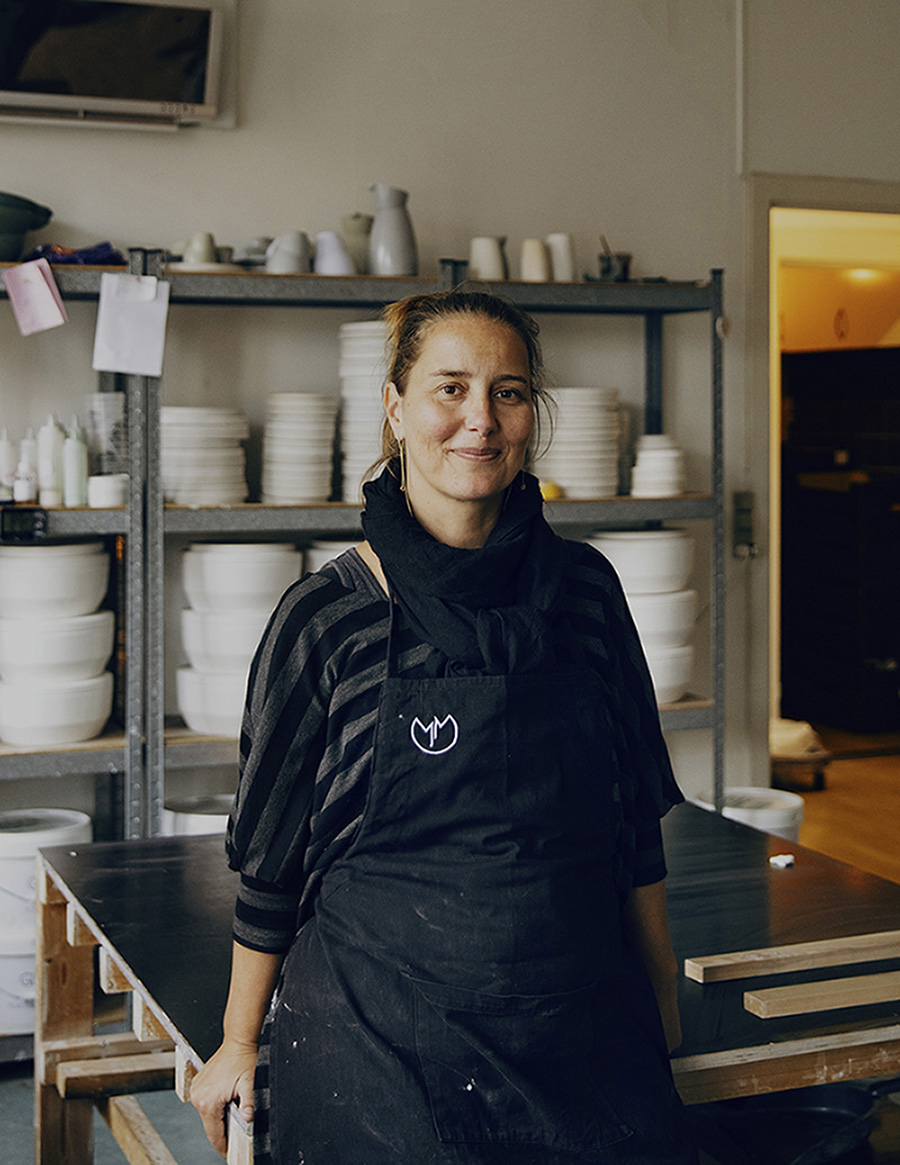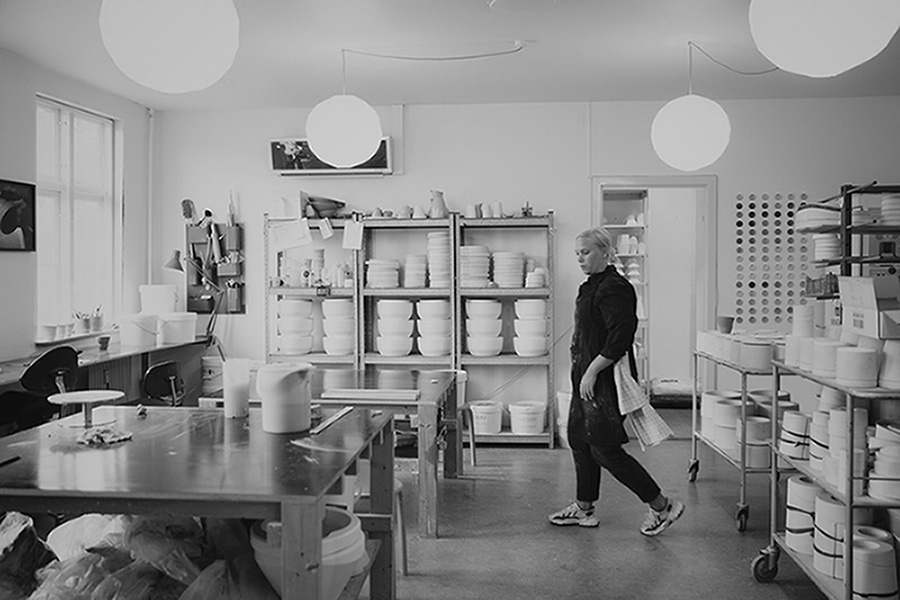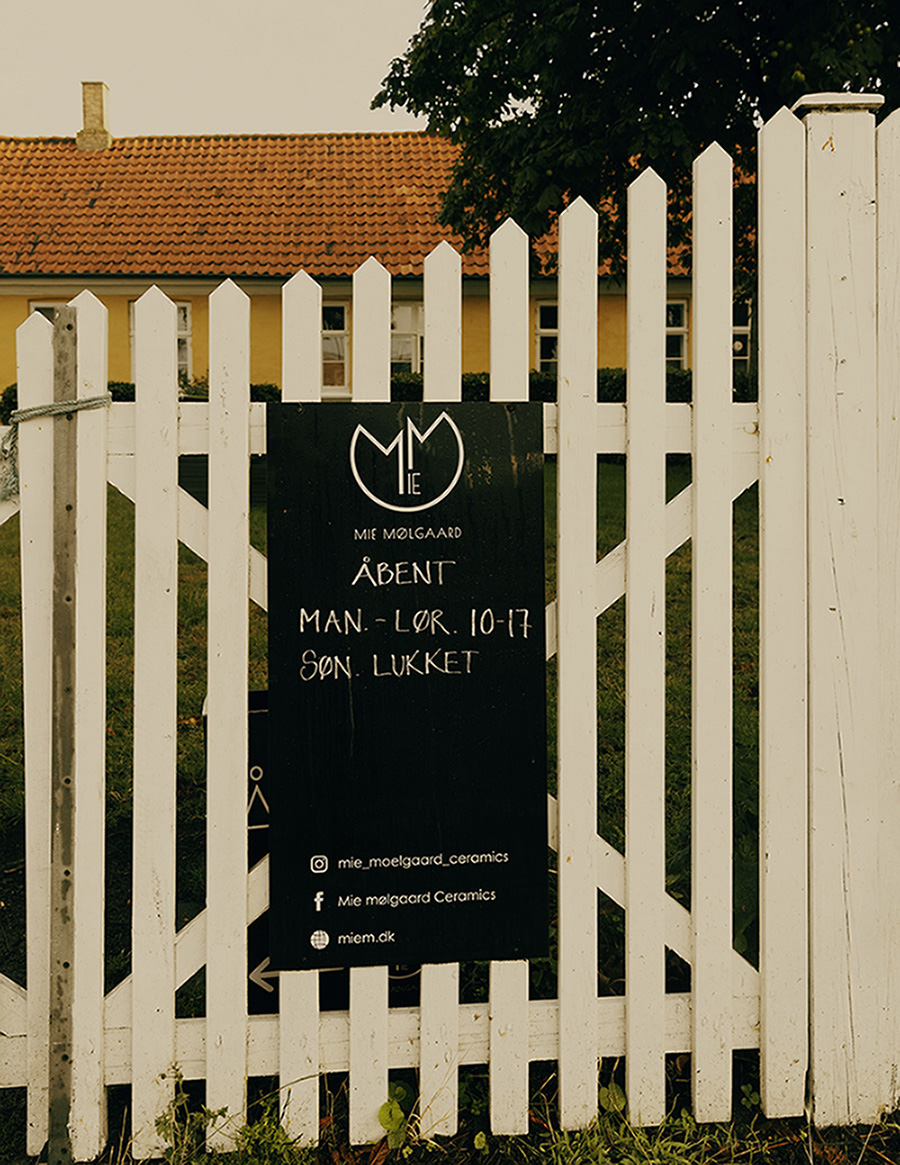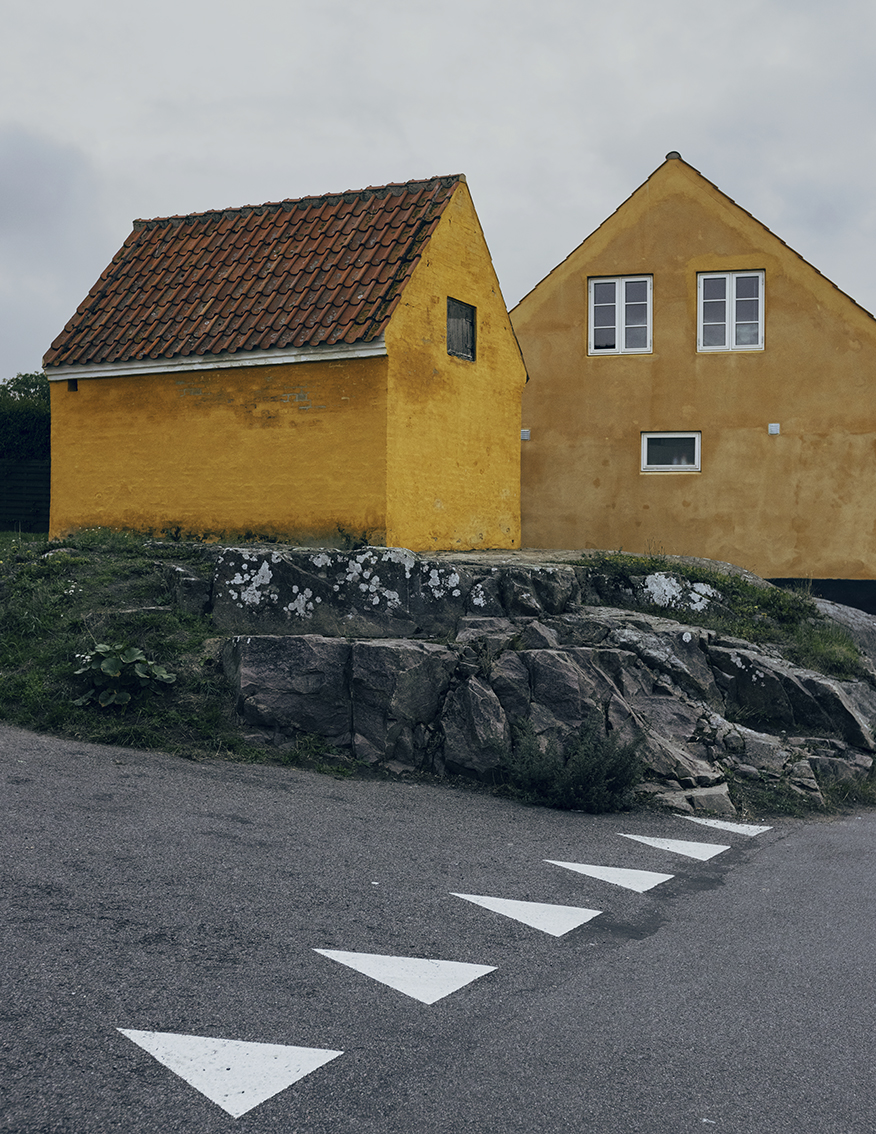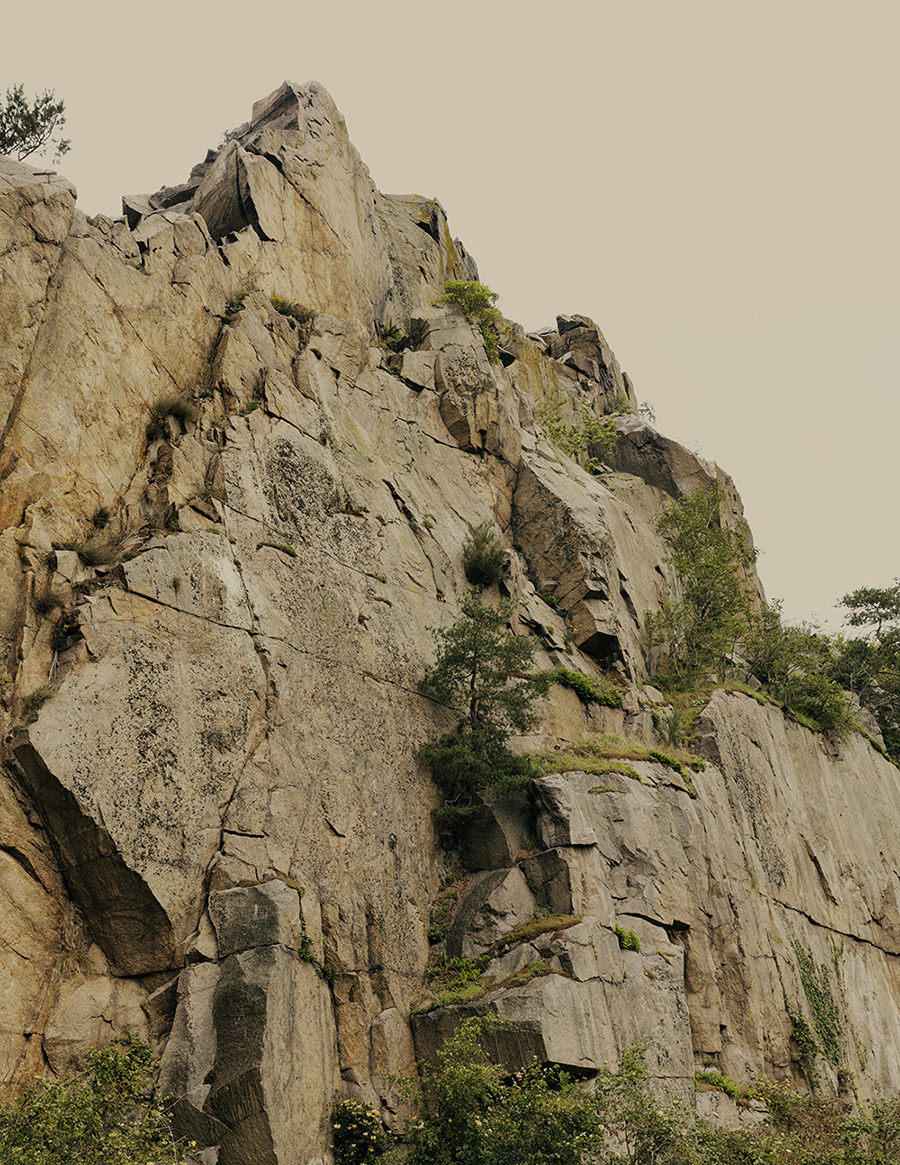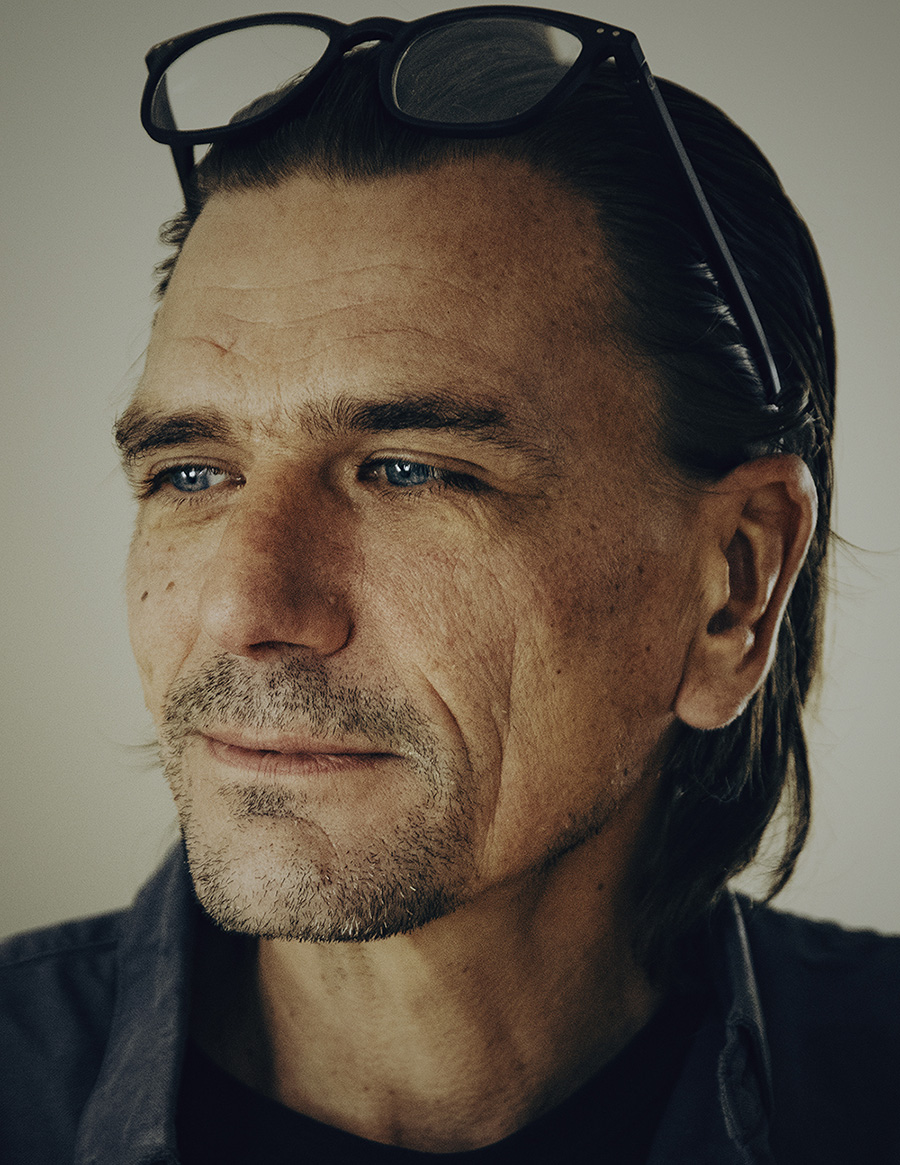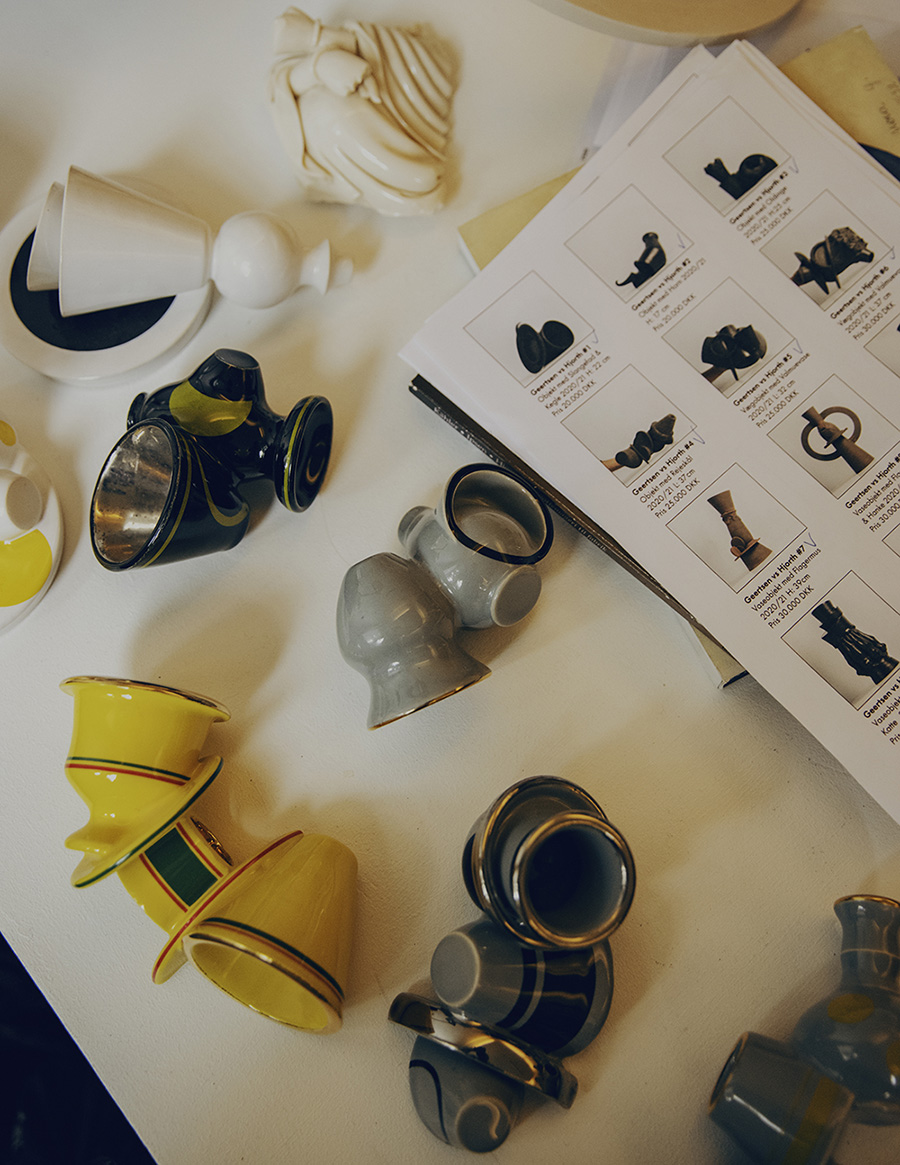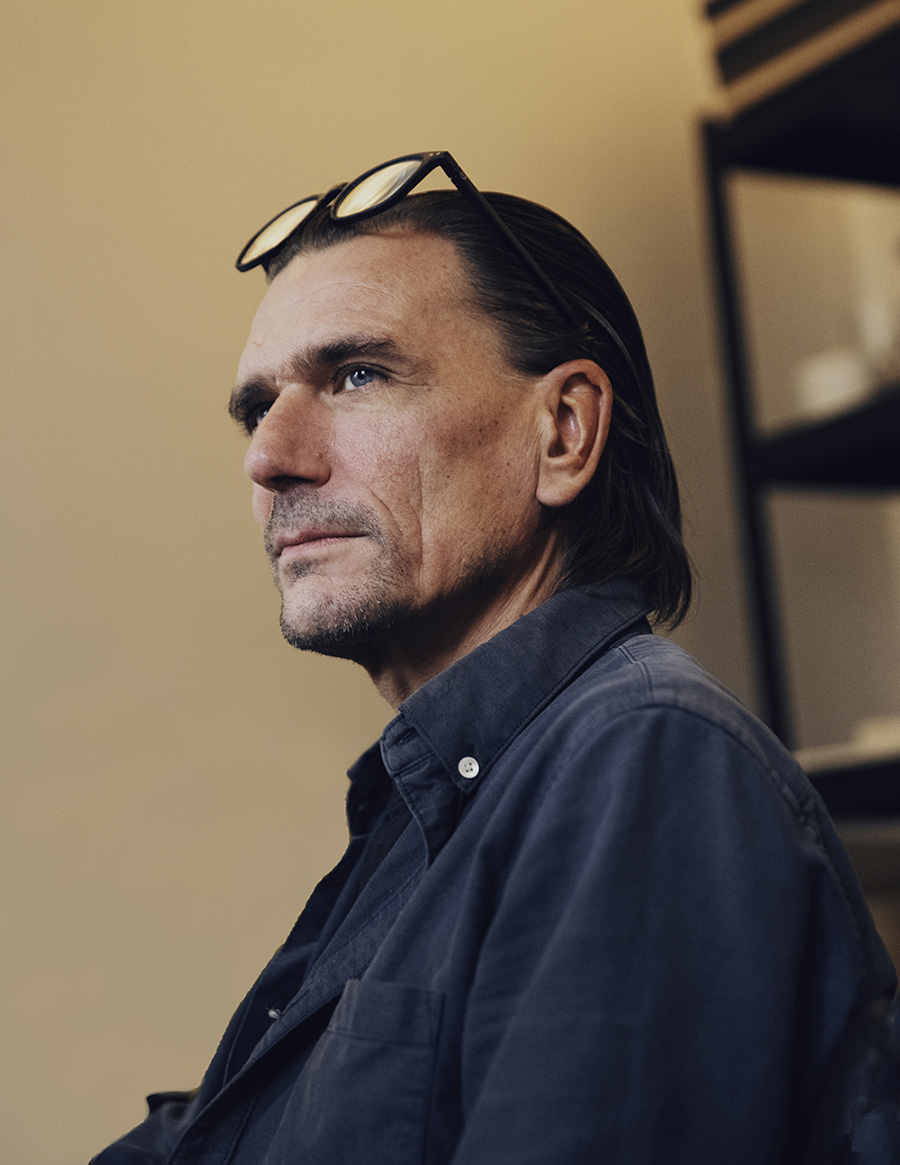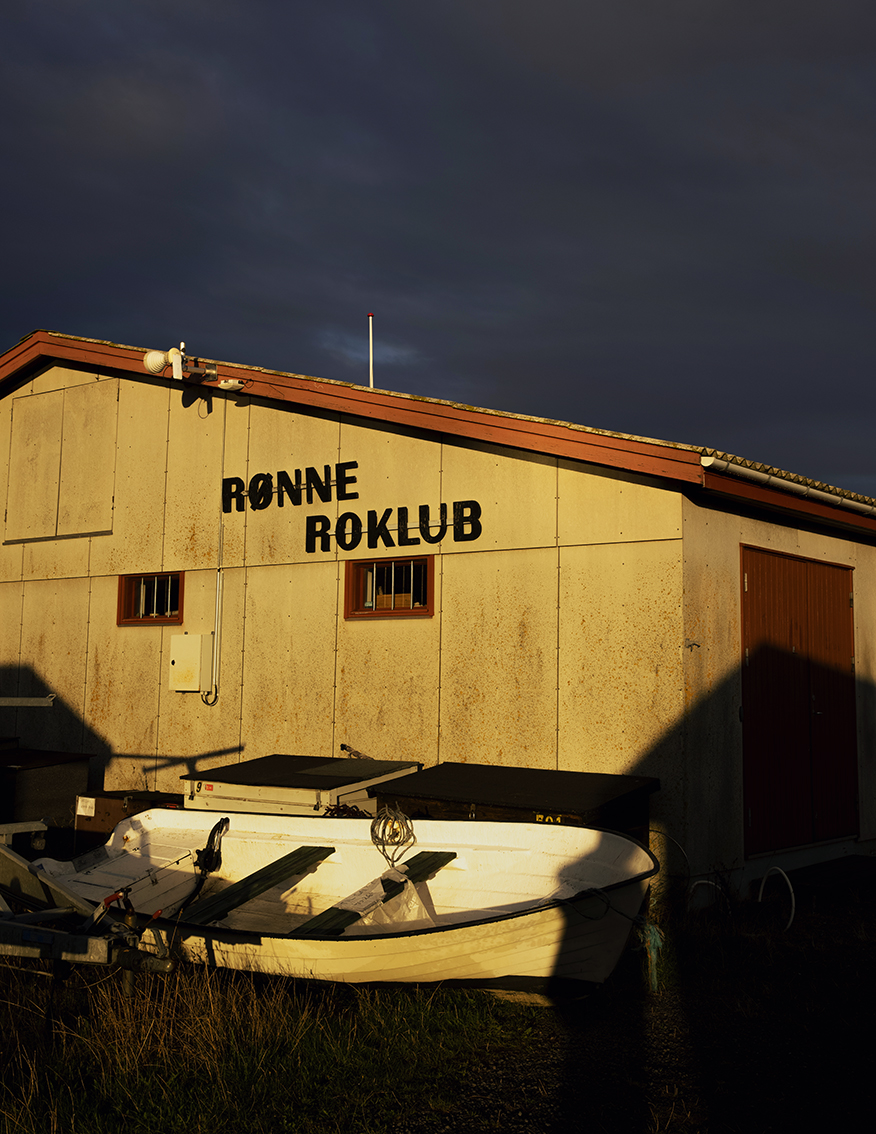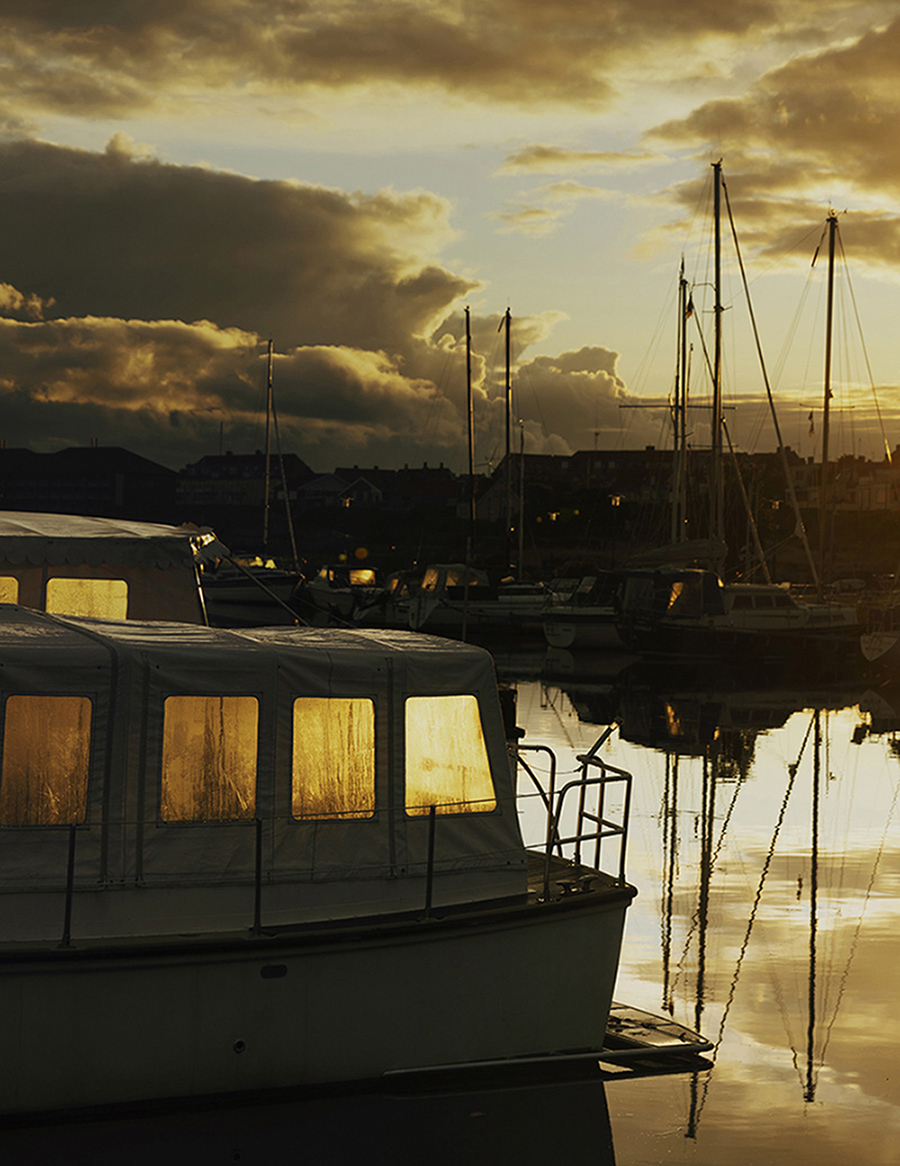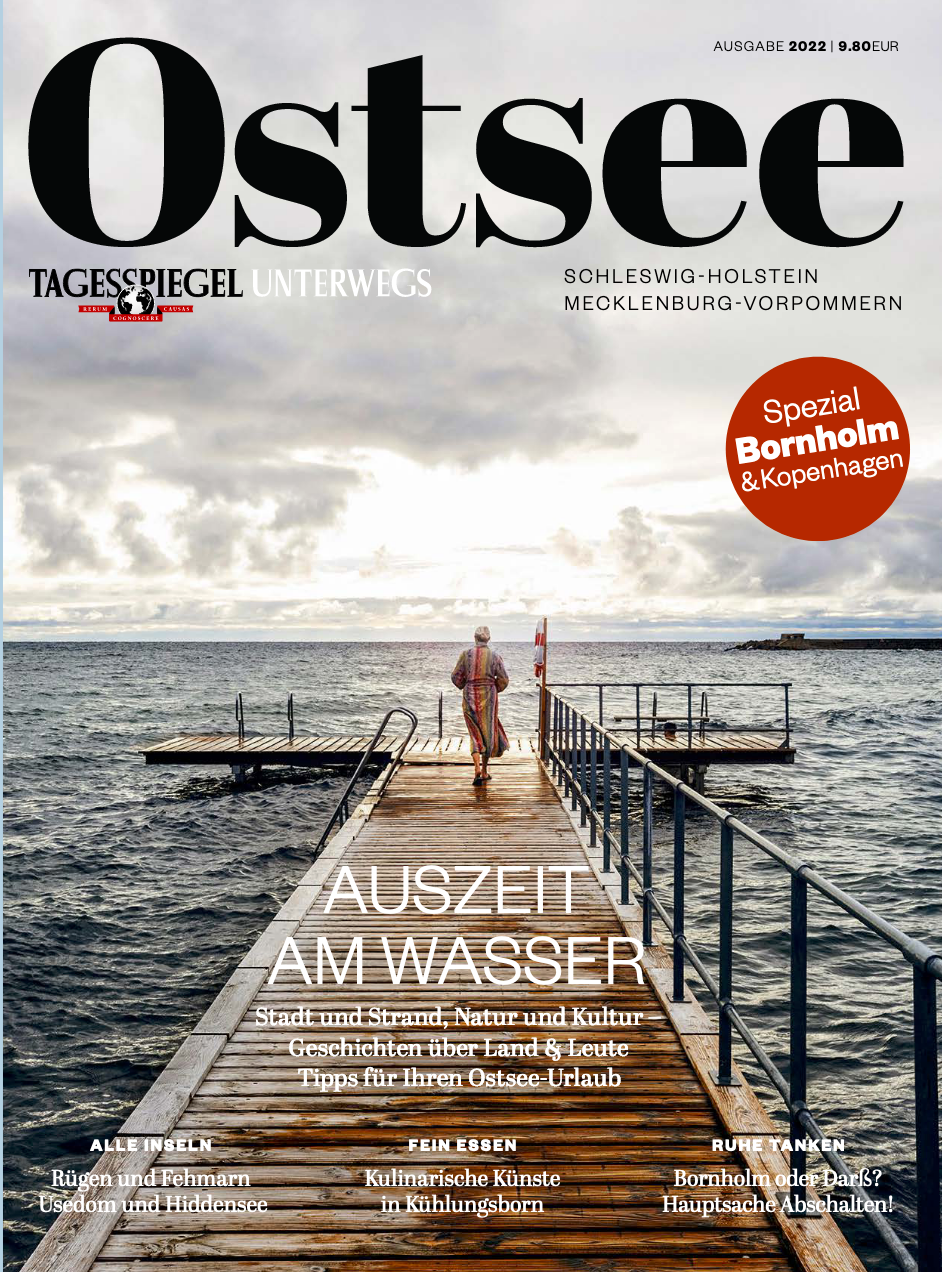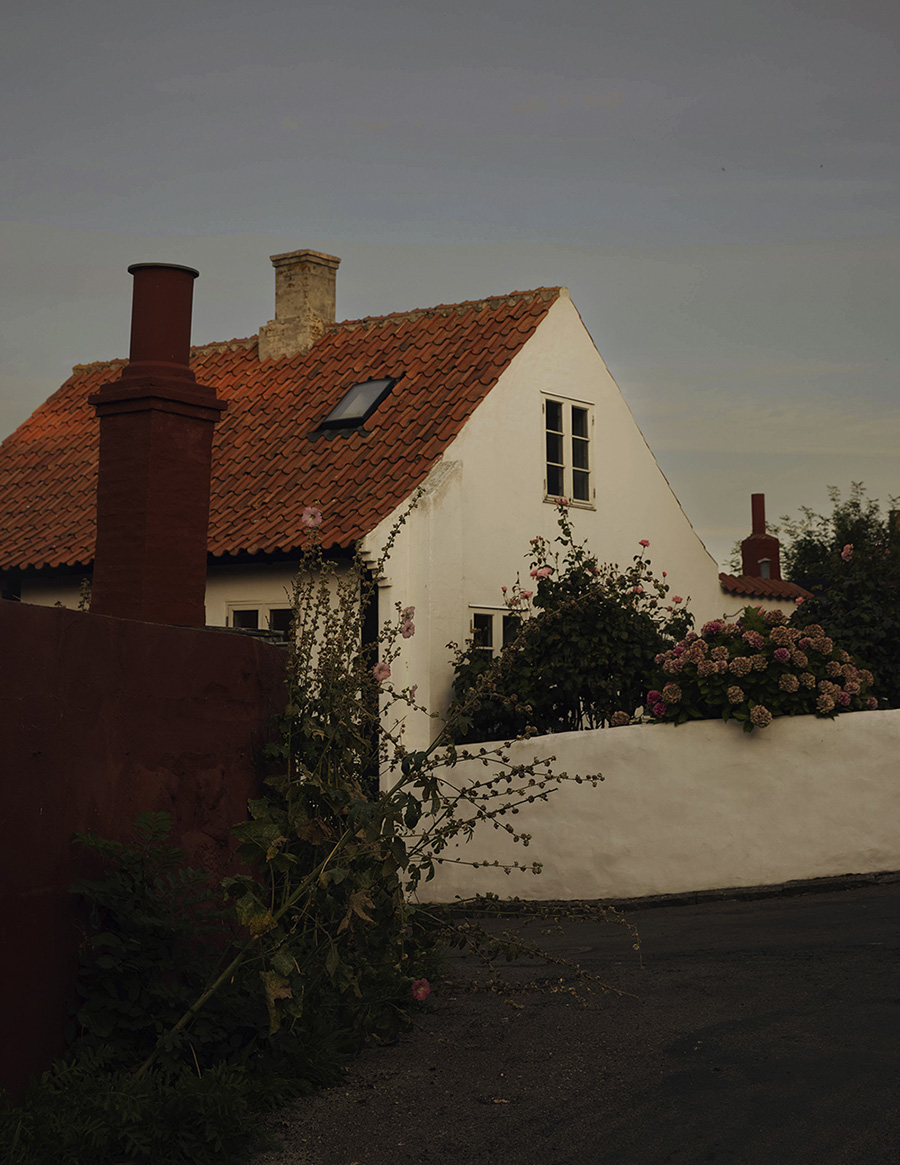
Bornholm is a Danish island in the Baltic Sea, to the east of the rest of Denmark, south of Sweden, northeast of Germany and north of Poland.
Strategically located, Bornholm has been fought over for centuries. It has usually been ruled by Denmark, but also by Sweden and by Lübeck. The ruin of Hammershus, at the northwestern tip of the island, is the largest medieval fortress in northern Europe, testament to the importance of its location. Bornholm and Ertholmene comprise the last remaining Danish territory in Skåneland east of Øresund, having been surrendered to Sweden in 1658, but regained by Denmark in 1660 after a local revolt.
The island is known as solskinsøen ("sunshine island") because of its weather and klippeøen ("rock island") because of its geology, which consists of granite, except along the southern coast. The heat from the summer is stored in the rock formations and the weather is quite warm until October. As a result of the climate, a local variety of the common fig, known as Bornholm's Diamond (Bornholms Diamant), can grow locally on the island. The island's topography consists of dramatic rock formations in the north (unlike the rest of Denmark, which is mostly gentle rolling hills) sloping down towards pine and deciduous forests (greatly affected by storms in the 1950s), farmland in the middle and sandy beaches in the south.
The island is home to many of Denmark's round churches. Occupying an area of 584.59 square kilometres (225.71 sq mi), the island had a total population of 39,332 as of January 2024.
BORNHOLM X TAGESSPIEGEL
